Last week we, three generations, drove down beautiful Route 7 in Vermont, past vistas of Adirondack and Green Mountain ranges with the Champlain Valley between, to Middlebury. There, we turned left into the Green Mountains and climbed Route 125 to Ripton. Past that blink-of-an-eye village of six hundred, not sure of what we would find, we pulled in at the Robert Frost Interpretative Trail, and were completely delighted.
There was a mile hike in a loop through landscape so varied it seemed we had gone much further: marshland, still and quiet; rock-tumbled river, end-of-summer dry; deep mossy woods with rock shelves of plants that puzzled. The dappled groves of ferns and fungi suddenly opened up to mountain views and a meadow that stretched away, carpeted with low bush blueberries in full fruit. We expected to find bears but there was silence, so we ate and enjoyed. The low meadow was fringed with goldenrod and Queen Anne's Lace, with the occasional dark spruce for contrast. The sun came out, the blue sky sparkled, and the light clouds sped upward behind Bread Loaf Mountain as we arrived back at the Middlebury River where we'd begun.
What made the trail sparkle were the many thoughtful Frost poems, plaques on posts, every few hundred feet along the way. Each seemed chosen to reflect the specific spot they'd been placed and we took turns reading aloud and enjoying together—an unexpected pleasure.
In the shadowy woods, where the trail divided left and right—at the start of the loop—we were amused to find the poem, "The Road Not Taken" (about choosing the way where a path diverges in a wood). However a large right arrow was officially carved into the wood below the poem that quietly proclaimed, "Go this way!" We were tempted to take the other way for orneriness sake but followed the way shown. I wonder if we will come this way again?
In all this I did not draw, having decided to refrain for the sake of the group, but I did look and gather treasures with my beat up old camera.
Back in the van, a few yards up Route 125, we found a National Forest Wayside Stop that honored Frost.
We were looking for his summer cabin home nearby, where he lived and wrote for the last twenty-four years of his life, and thought the Wayside Stop might yield some clues. A still, young couple sat at a picnic table, the man heating water over a Primus stove, the woman diligently drawing the hills opposite, around which we had just hiked. We left them and moved on.
An unmarked, unpaved road took an immediate left and ran arrow straight toward Bread Loaf Mountain, with uninterrupted forest either side. A half mile on, the road concluded with a clearing, a 19th century white farmhouse, and a sign declaring it to be the Homer Noble Farm, site of Frost's cabin. Middlebury College now owns and maintains the property but does little to promote it. They apparently leave the road unmarked so only those who really want to find it puzzle out the place. There was enough space to park a few cars but no one else was there.
You Come Too
Past the still farmhouse, a small sign quietly points out the "Path to Frost Cabin" and you plunge into the permanent shadow of the old farm road, a mossy walk uphill for several hundred yards, between stone fences disappearing under green growth.
Through the deep green on your left you suddenly glimpse a sunny glade and a nut brown cabin. The lovely cabin sits low to the hill, facing back towards where we had walked, and looking on to an orchard, planted and tended by Frost, in full fruit. A low rock, just right for pondering, protrudes from the grassy space beside the house. The house is locked up but friendly, just as Frost left it. A few new log boards show slight upkeep; a rusty pipe holds up the porch.
Lost but Found
Frost came here after his wife died, desolate and lost, to attend the Bread Loaf Writers' Conference a mile or two on up Route 125. His colleague Ted Morrison and wife Kay helped Frost through the upheaval, taking over his secretarial duties and travel plans. Frost bought the whole parcel of land, and the Morrisons stayed at the farmhouse each summer with their children and dogs and provided meals and daily secretarial help, while Frost enjoyed the simplicity of the cabin. He was no recluse there and was frequently the recipient of visitors, drawn by the wit and hospitality of Vermont's and the nation's Poet Laureate.
“A poem begins in delight and ends in wisdom.”
Frost said a poem begins in delight and ends in wisdom. This purposely obscure National Historic Site is really a marvel, and like a Frost poem, is an immediate joy but leaves much to ponder afterwards.
We left with eyes and minds full, back down the winding Route 125 which twists with the river in its downhill tumble, and paused only to pull up in Ripton, intrigued by the General Store. For a moment we stepped back in time to the days Frost lived there. I filled the memory card to the last image and that was the end of that camera. A new era begins.
Robert Frost Interpretive Trail

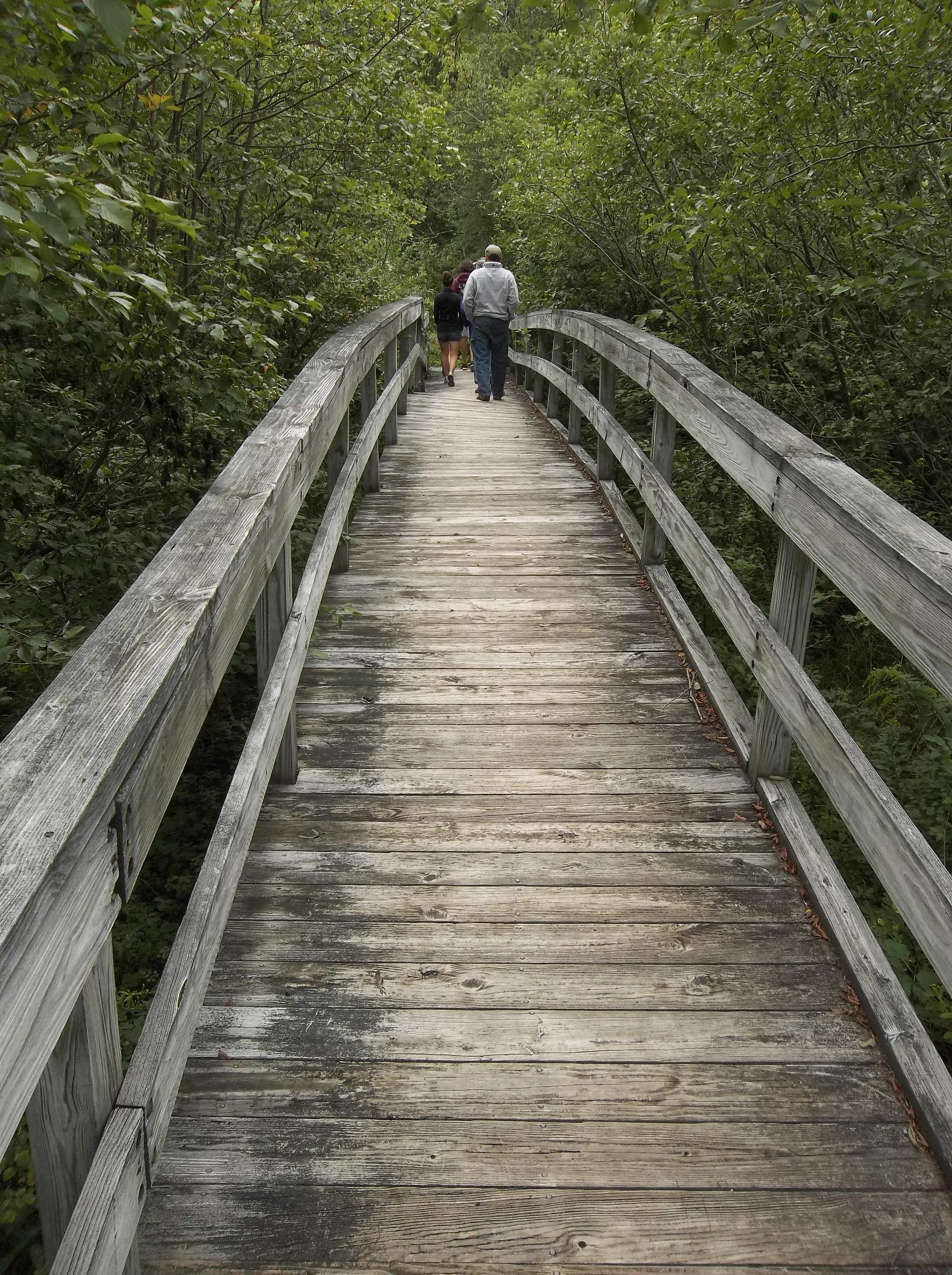
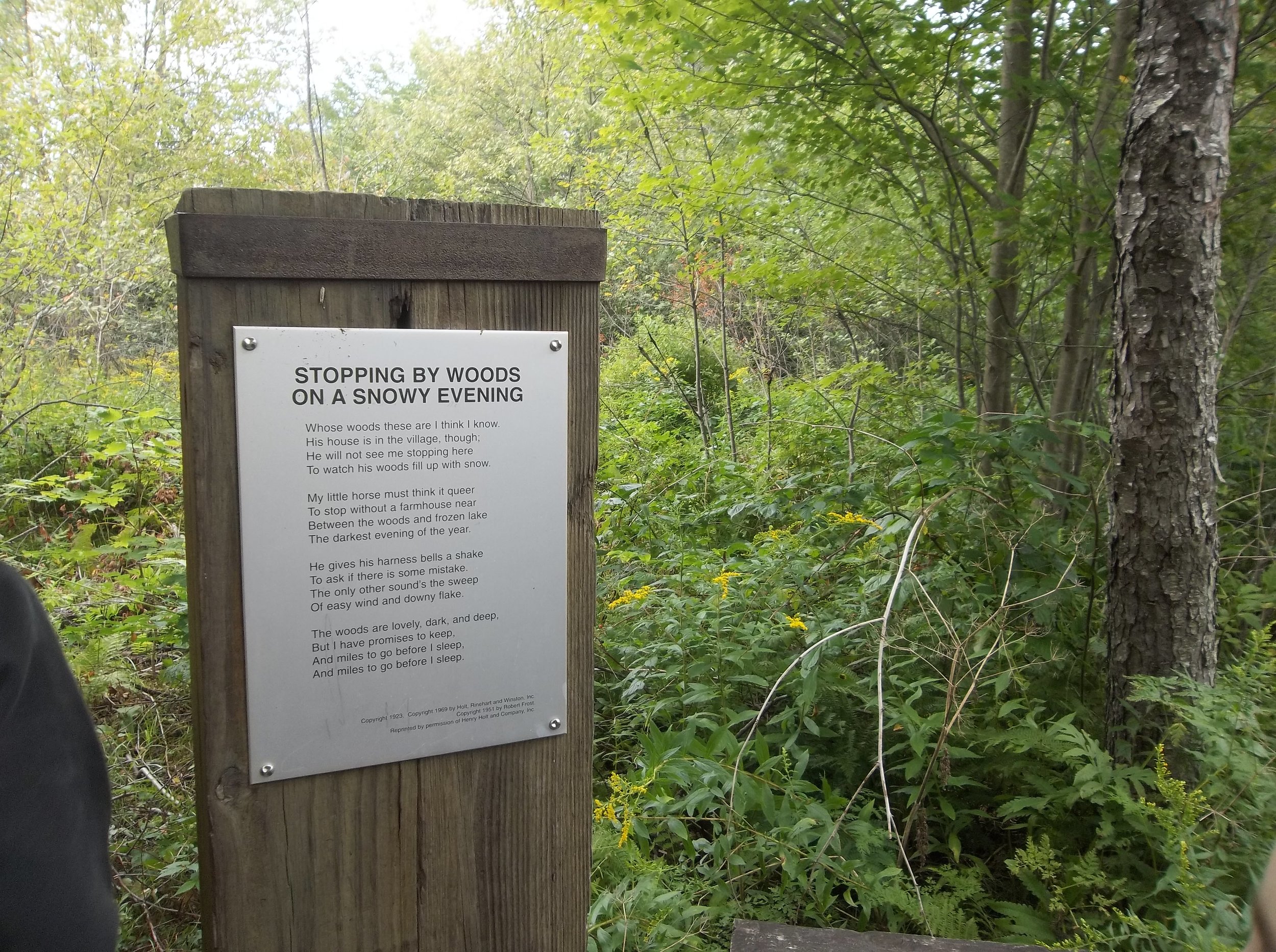
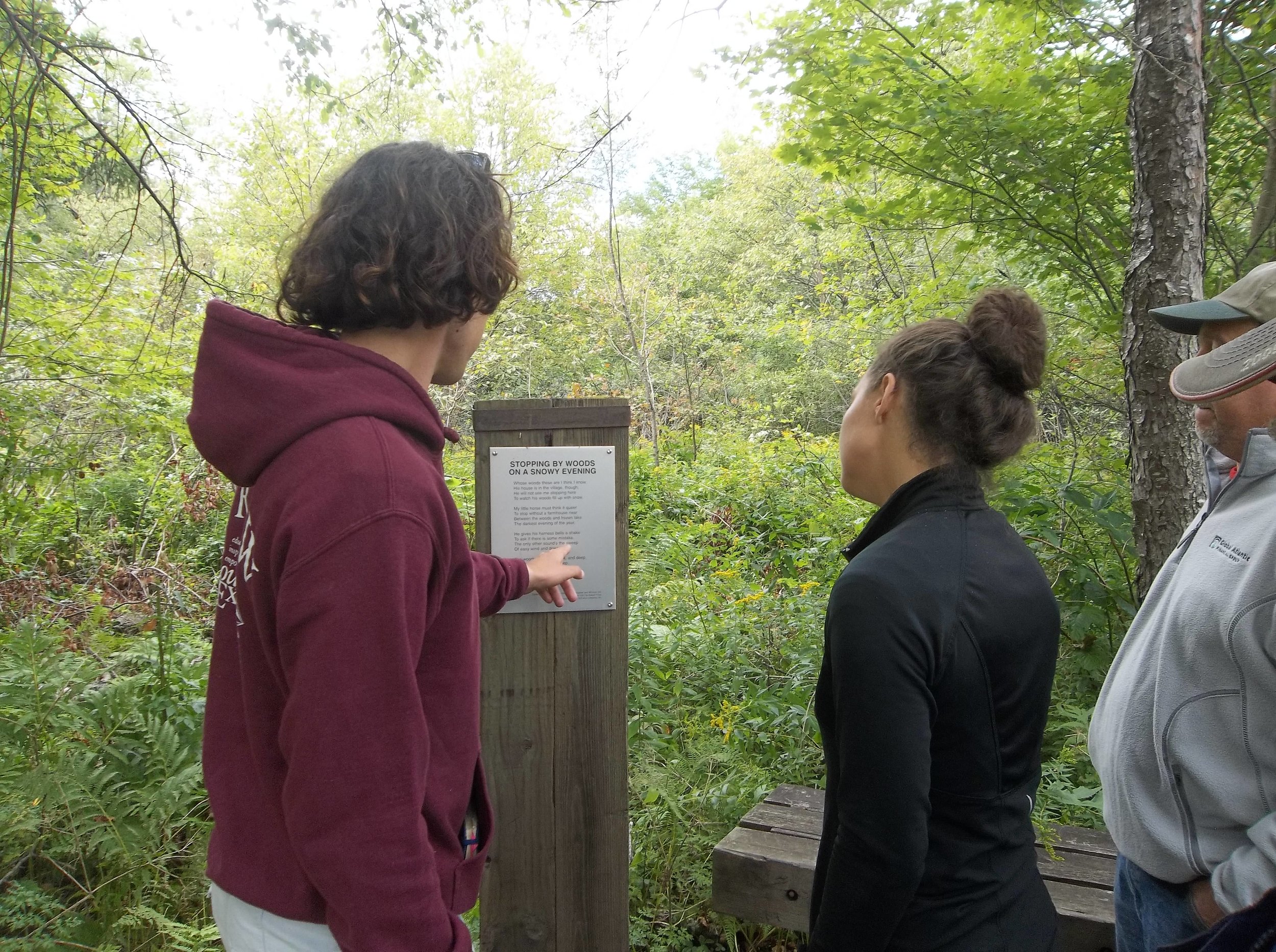
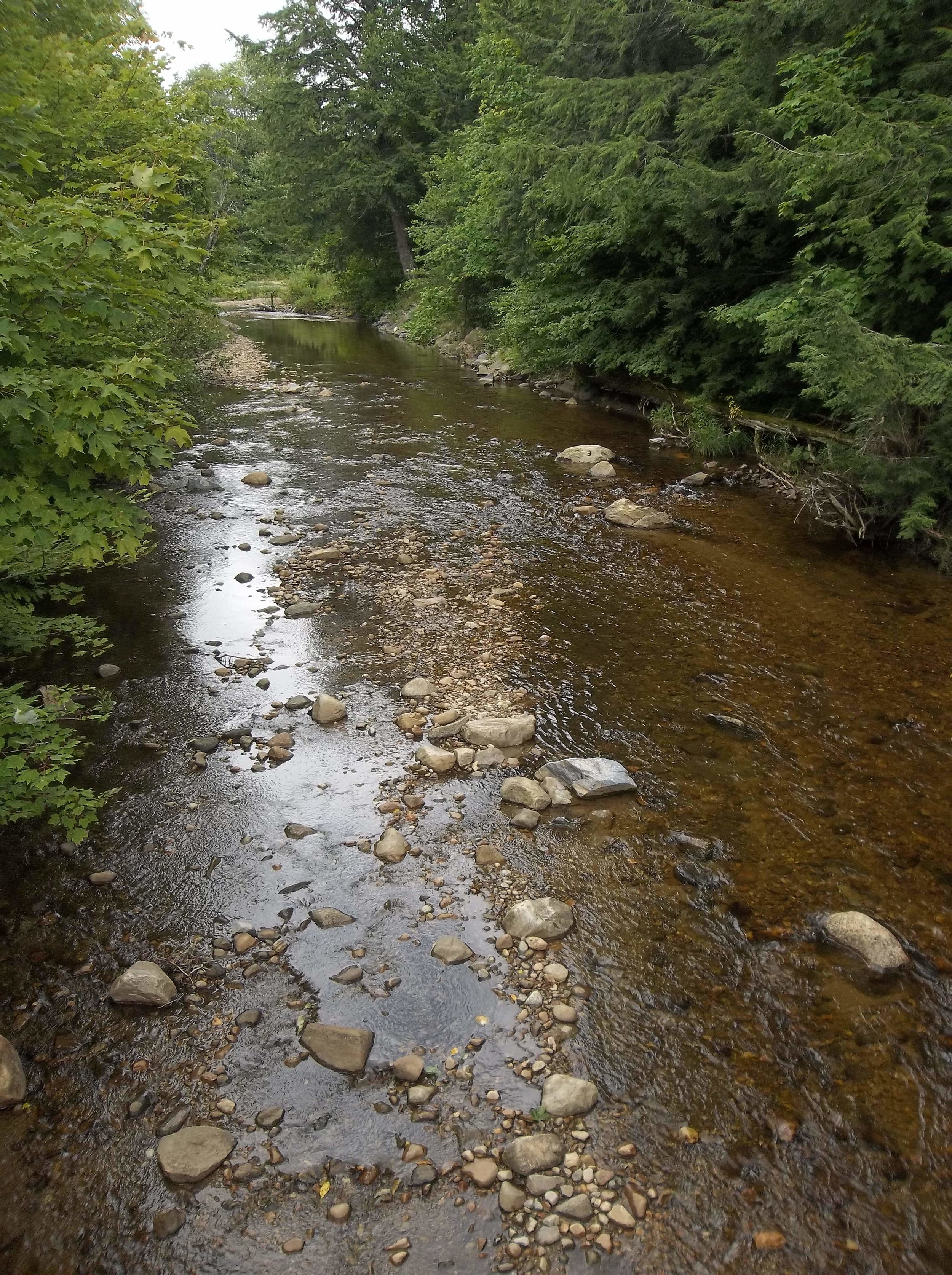
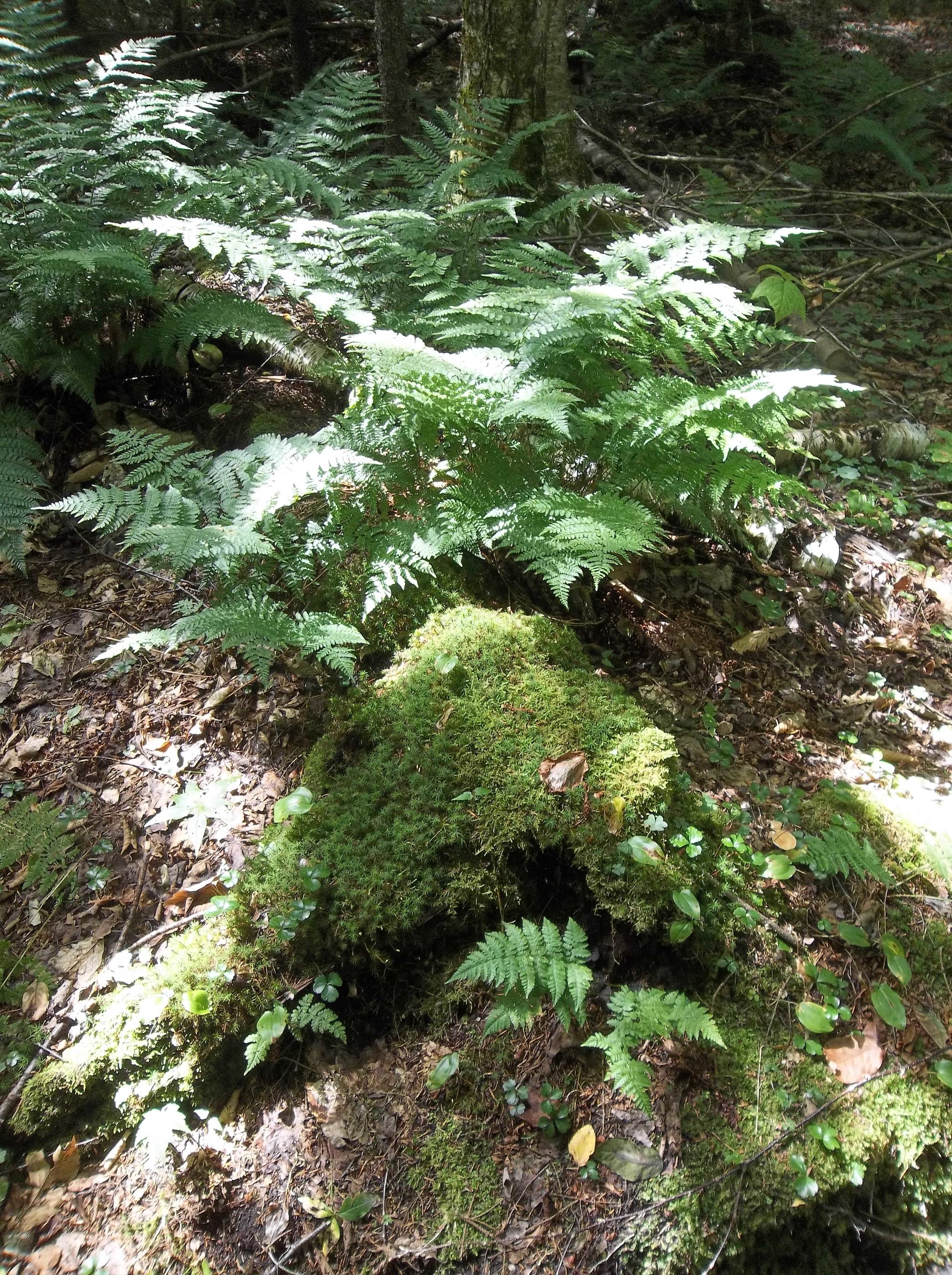
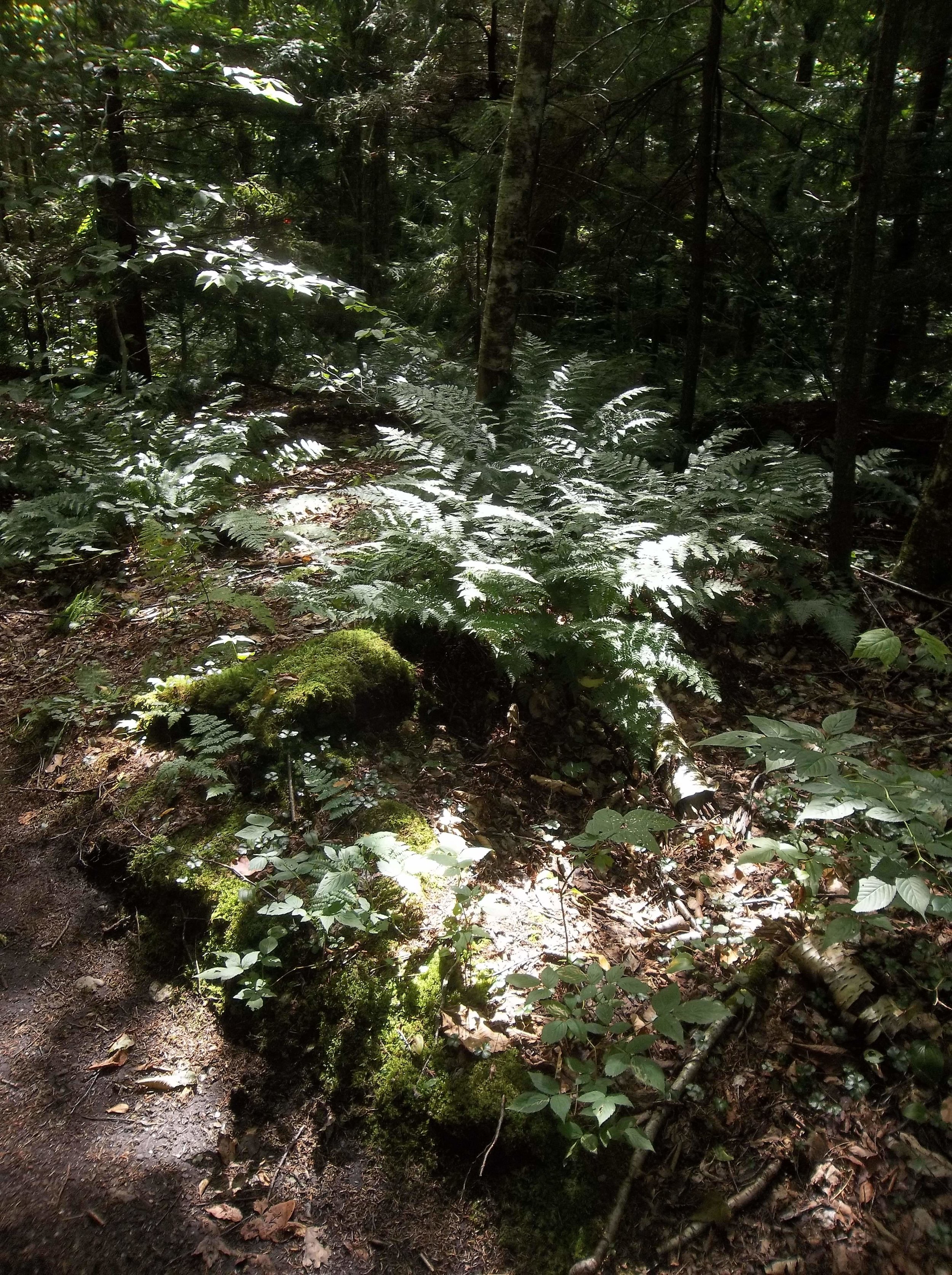

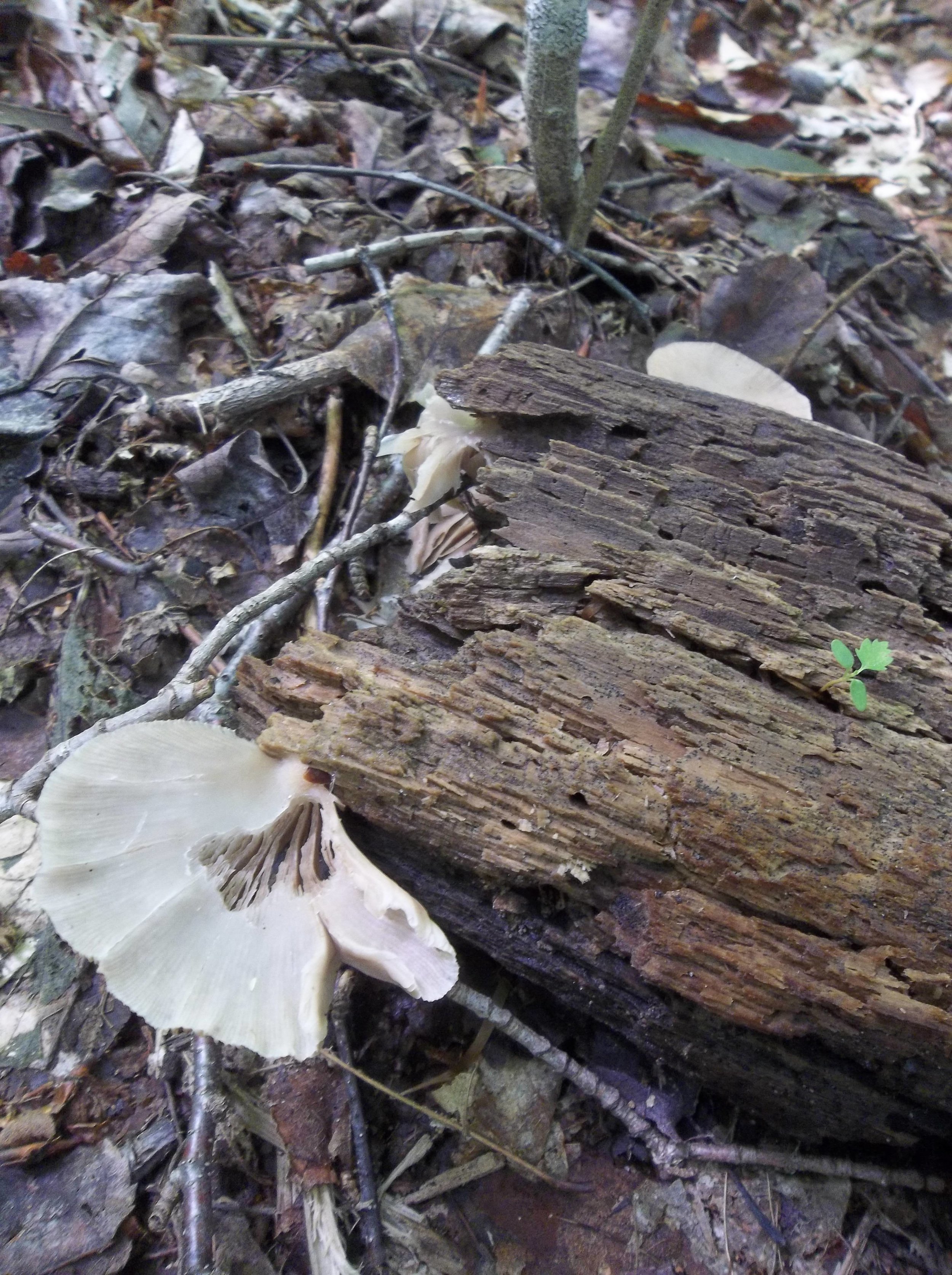

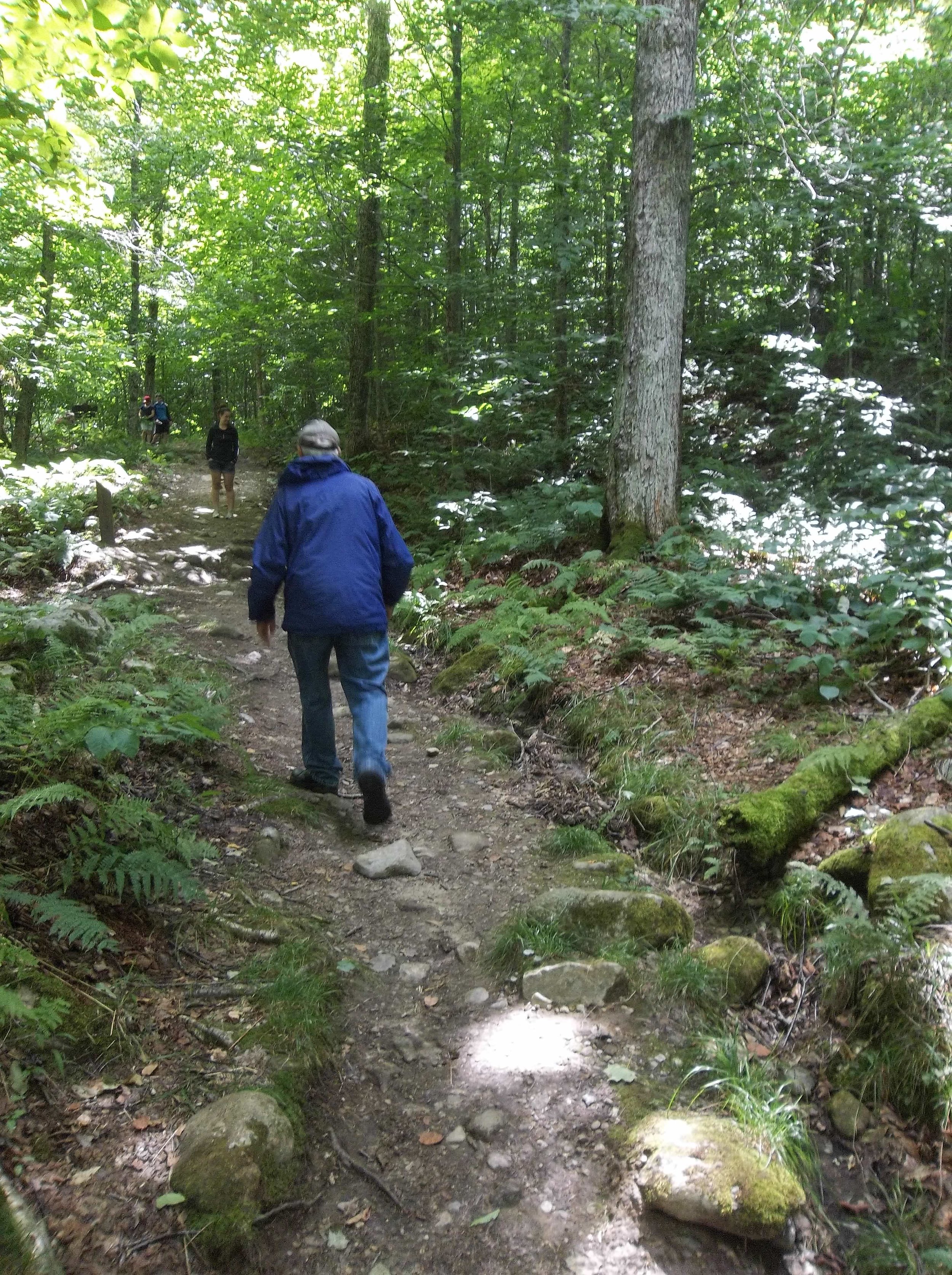
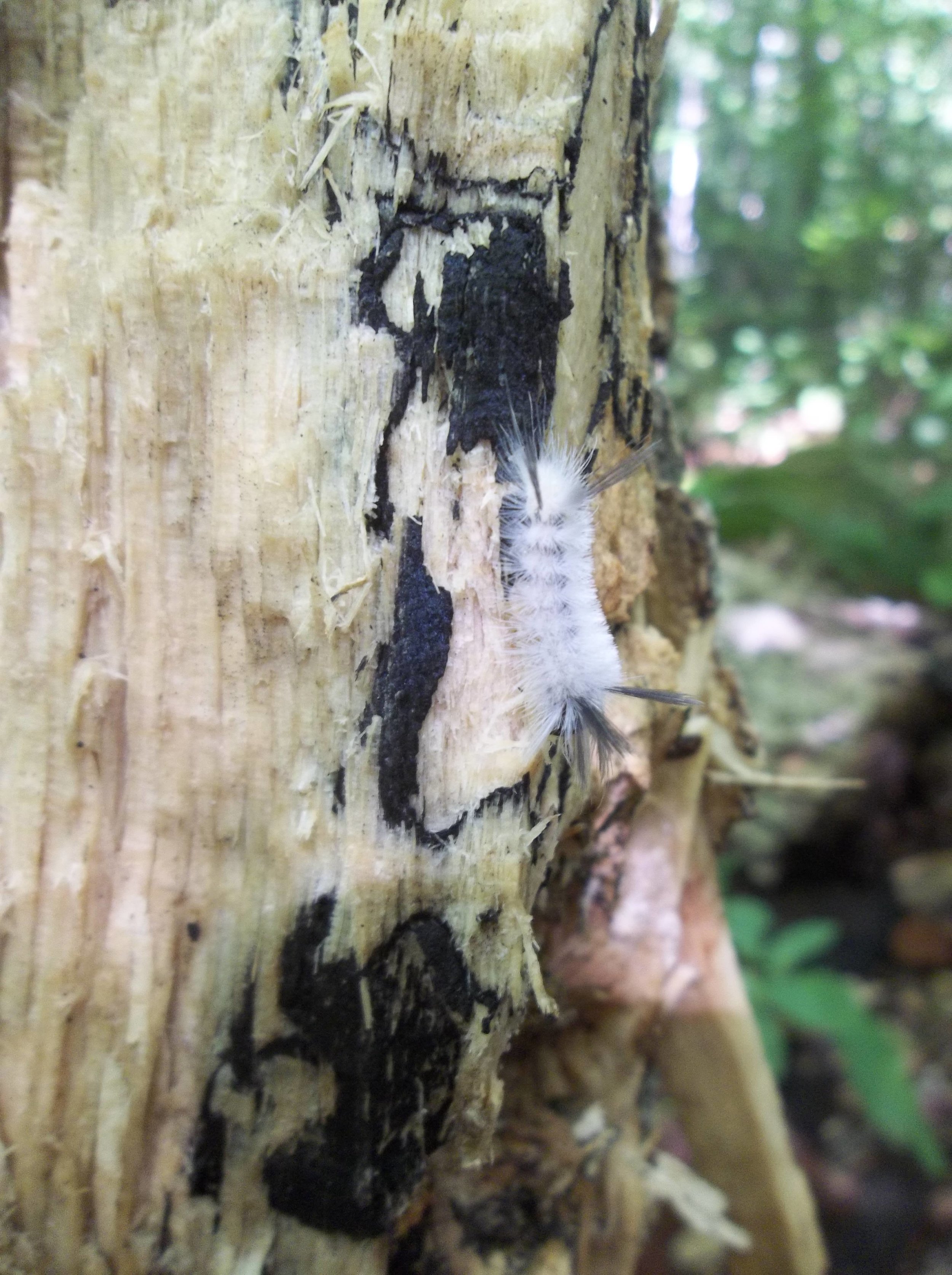
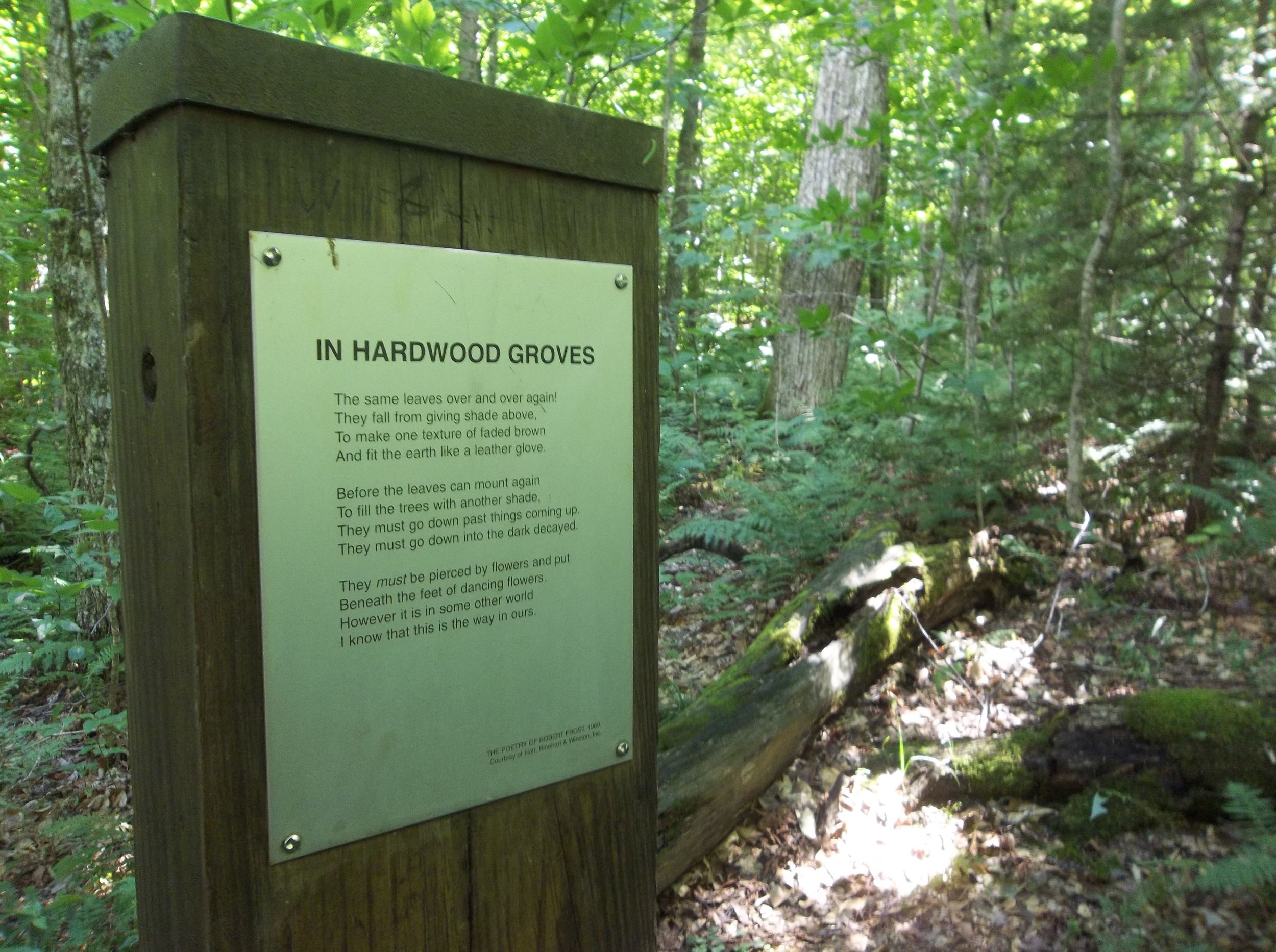

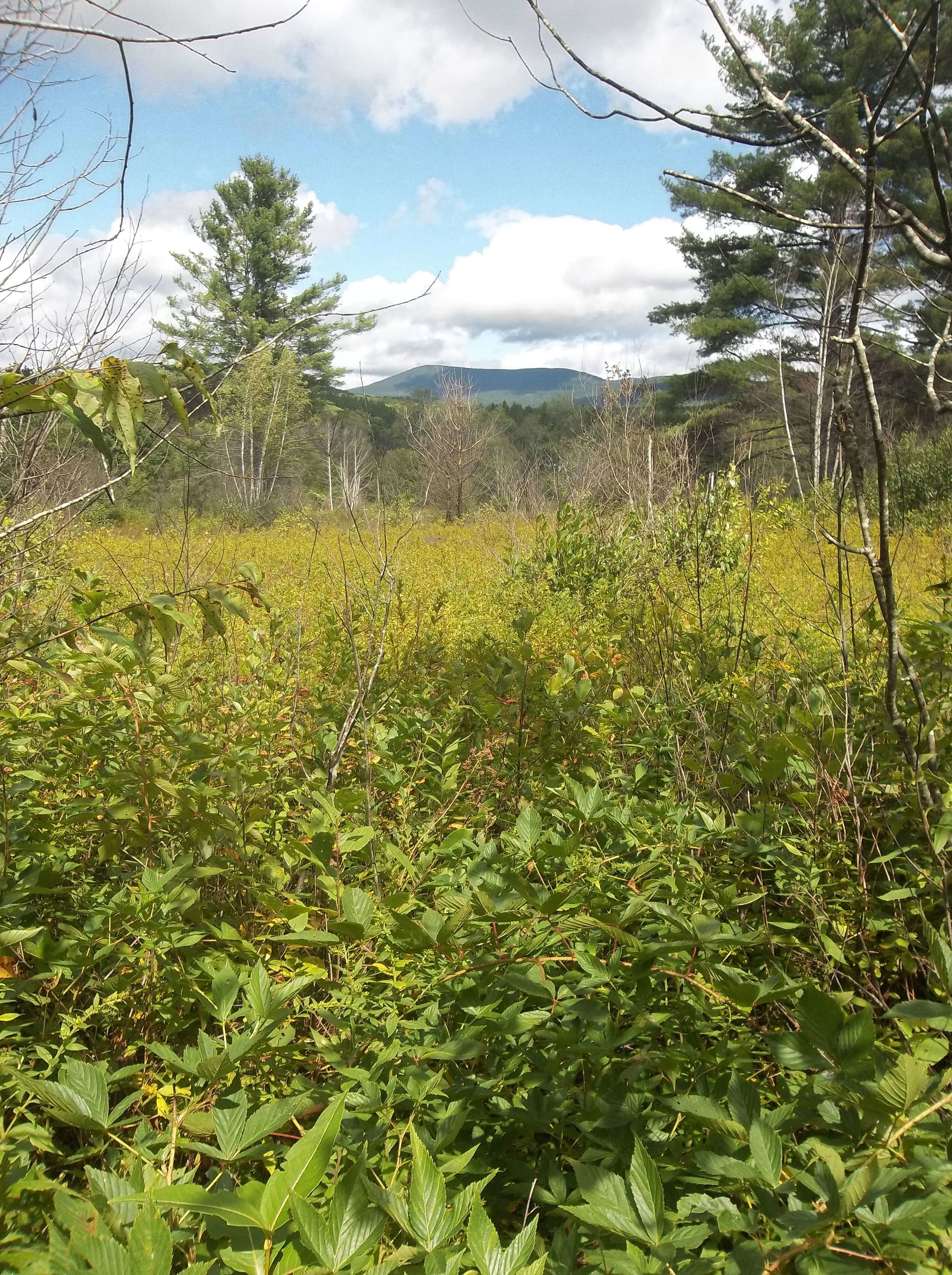
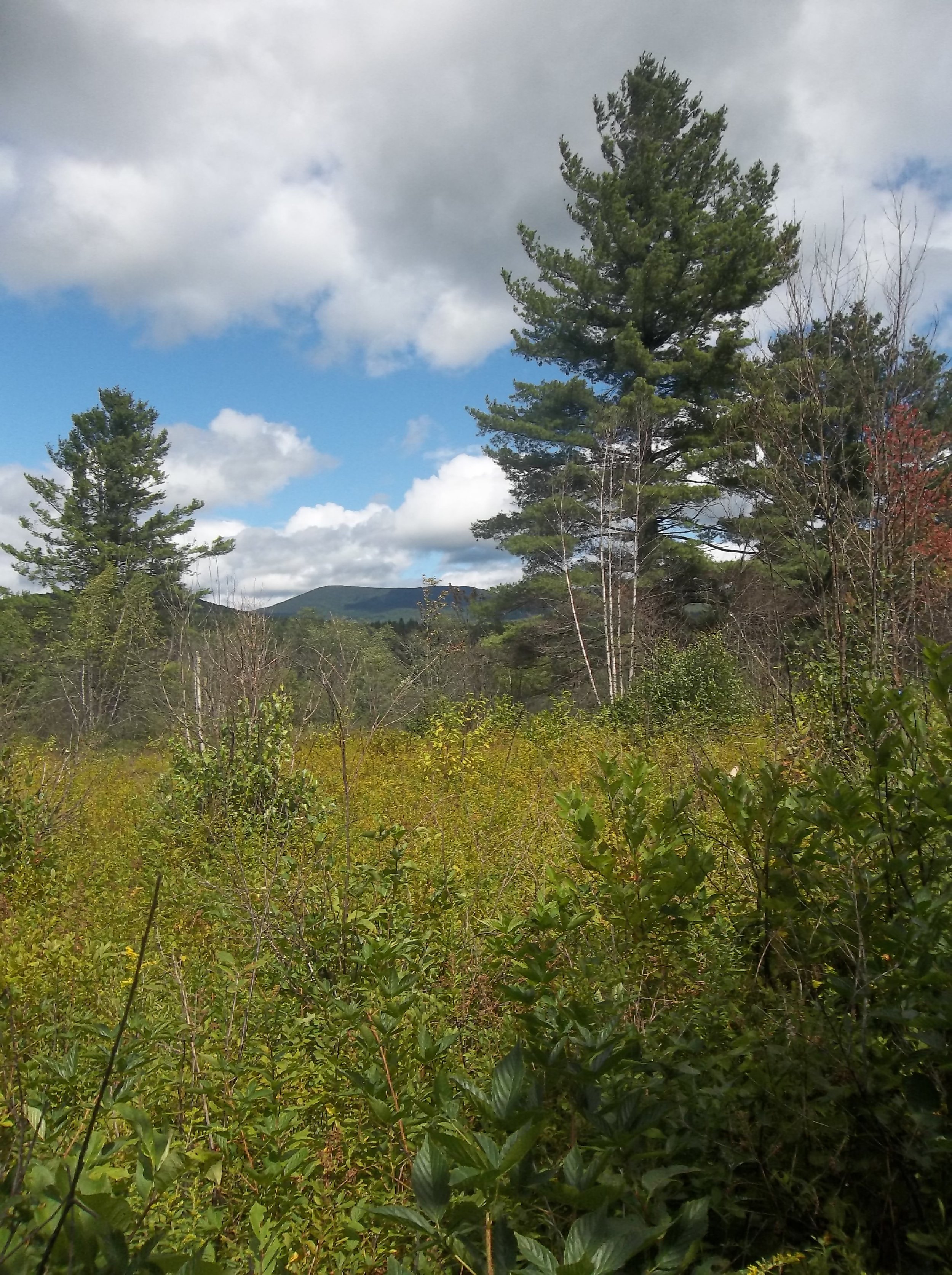
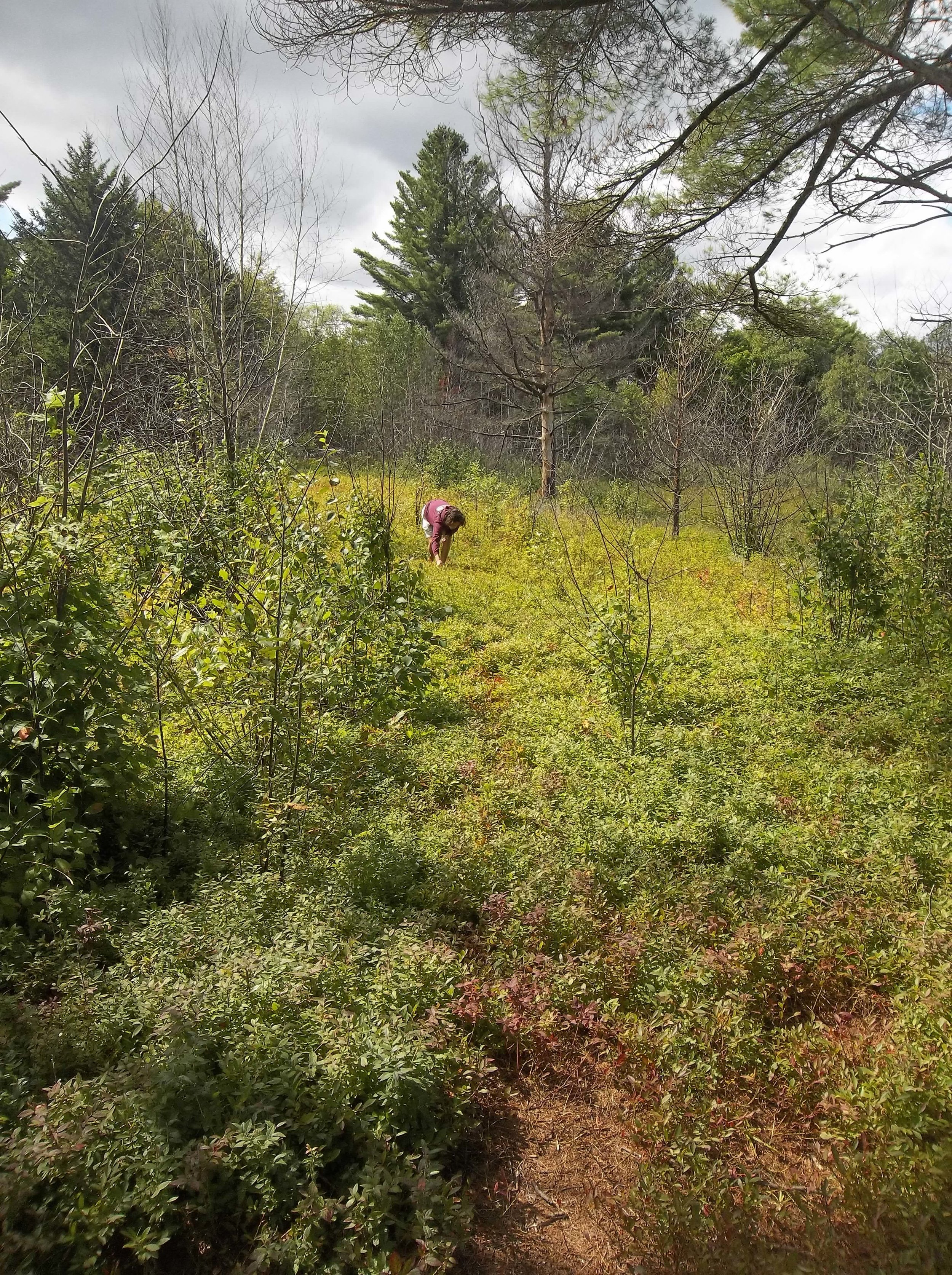


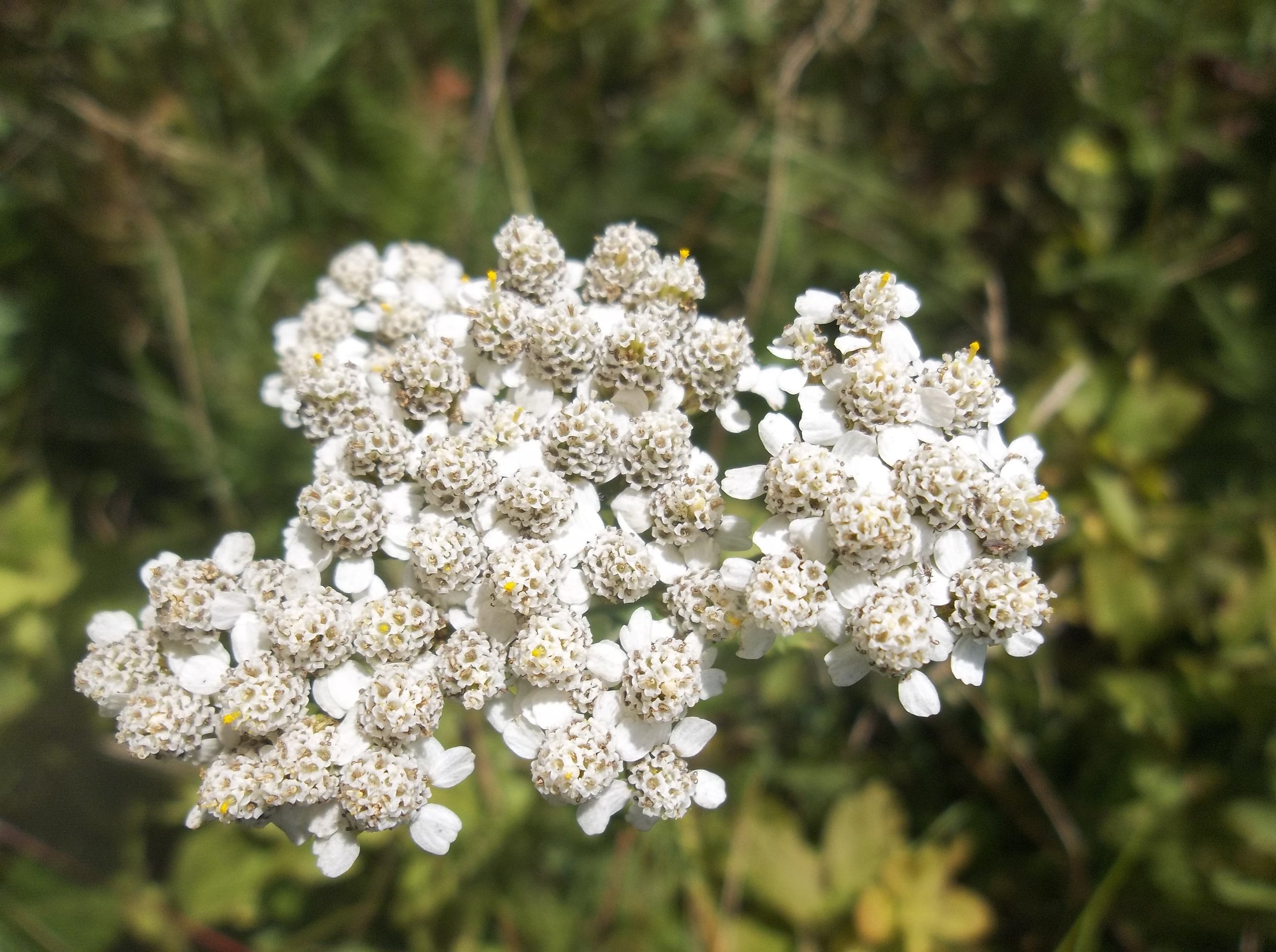
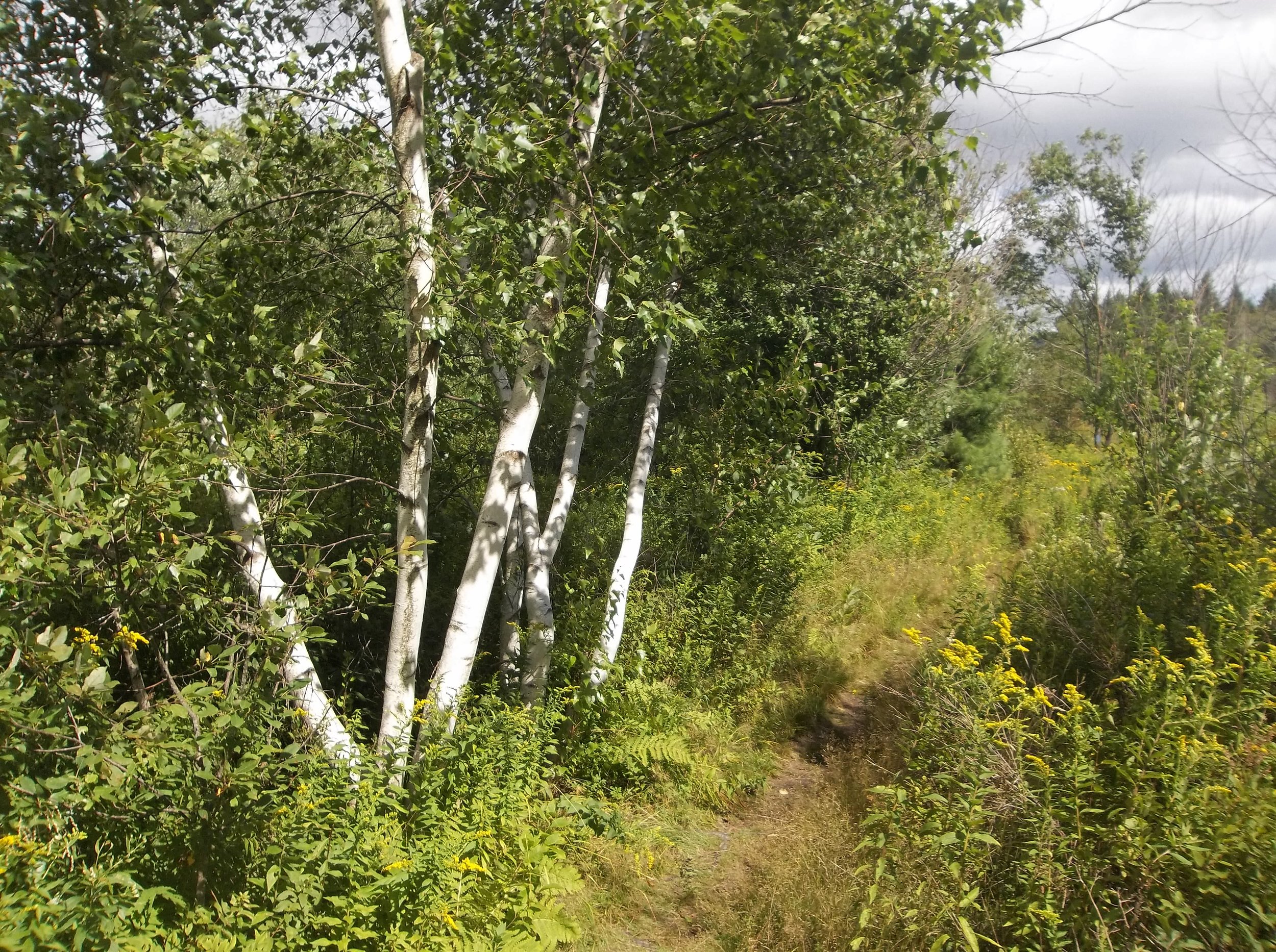
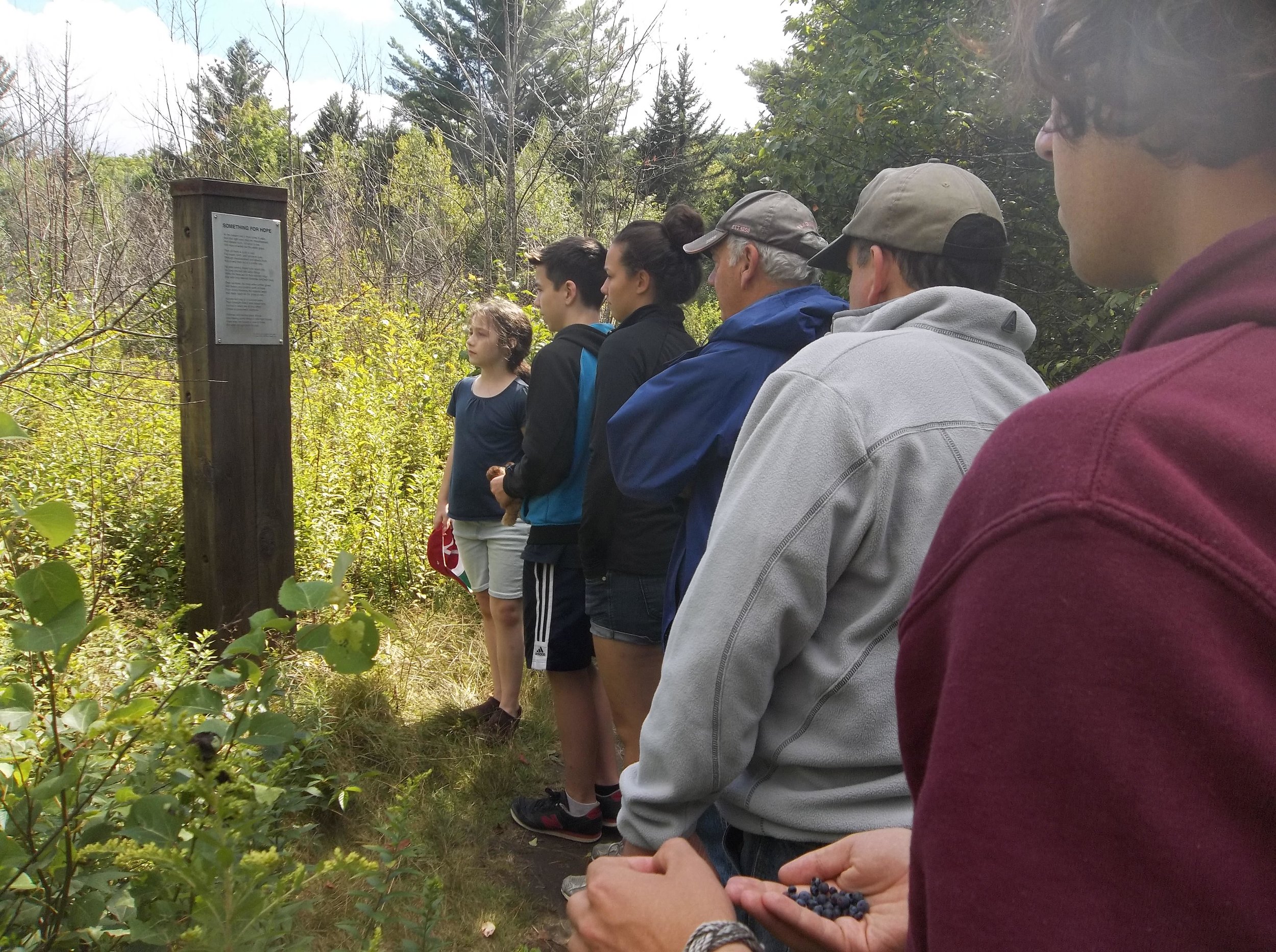

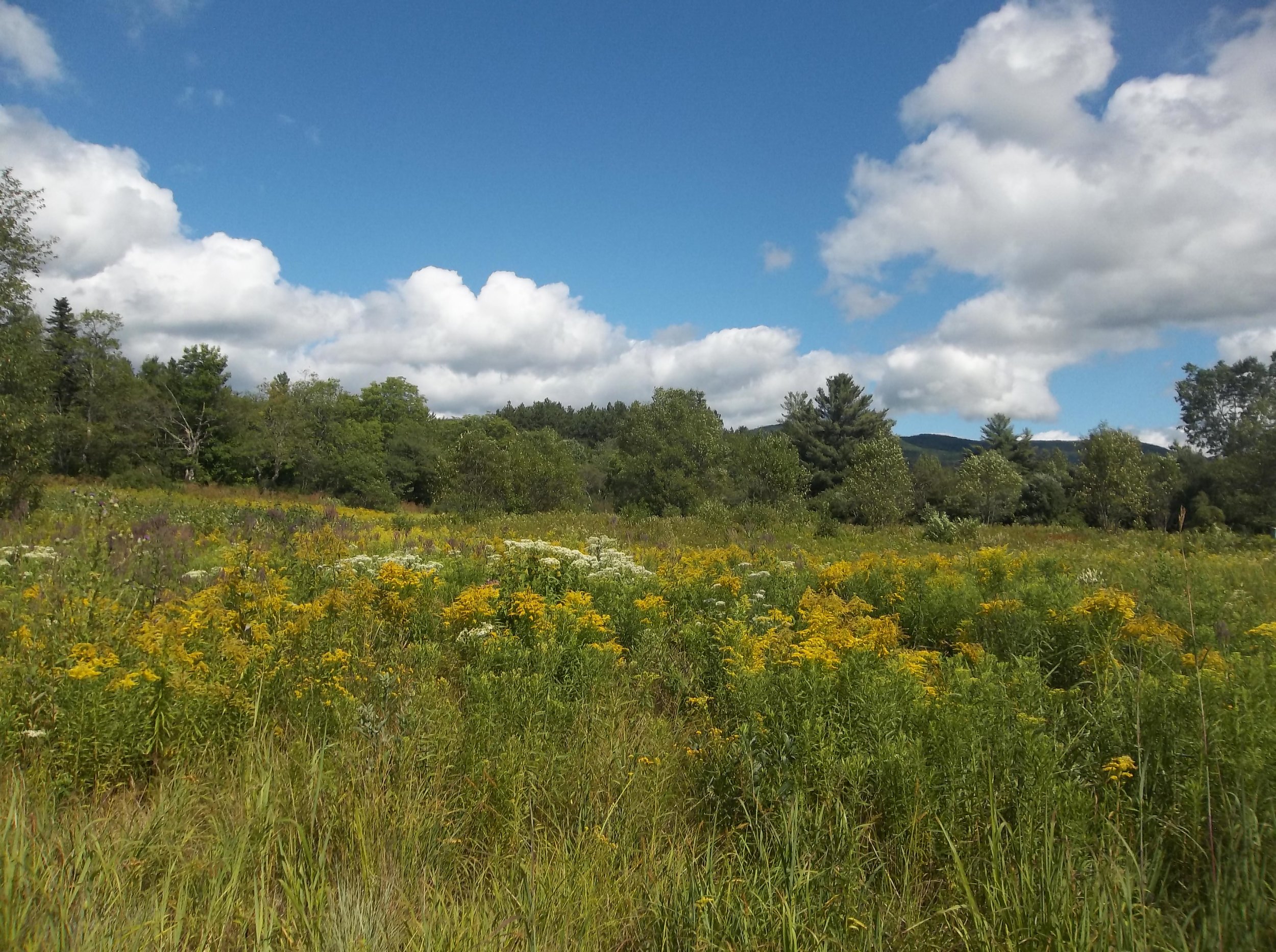
"The trail is a perfect monument to Frost for several reasons. As it is only a mile long with no steep ascents, young children and older people can have the experience together. Also, in addition to the poems, the birches, beeches, spruces and other trees—as well as various kinds of ferns—are identified by markers, enabling city people to know henceforth what they are looking at in local forests. But most important, if you take your time reading the poems, looking closely at the landscape and listening to the sounds of these lovely woods, you may sense the process by which northern New England's natural characteristics fostered Frost's poetic realism."
Author and journalist, Robert D. Kaplan
Homer Noble Farm & Frost Cabin
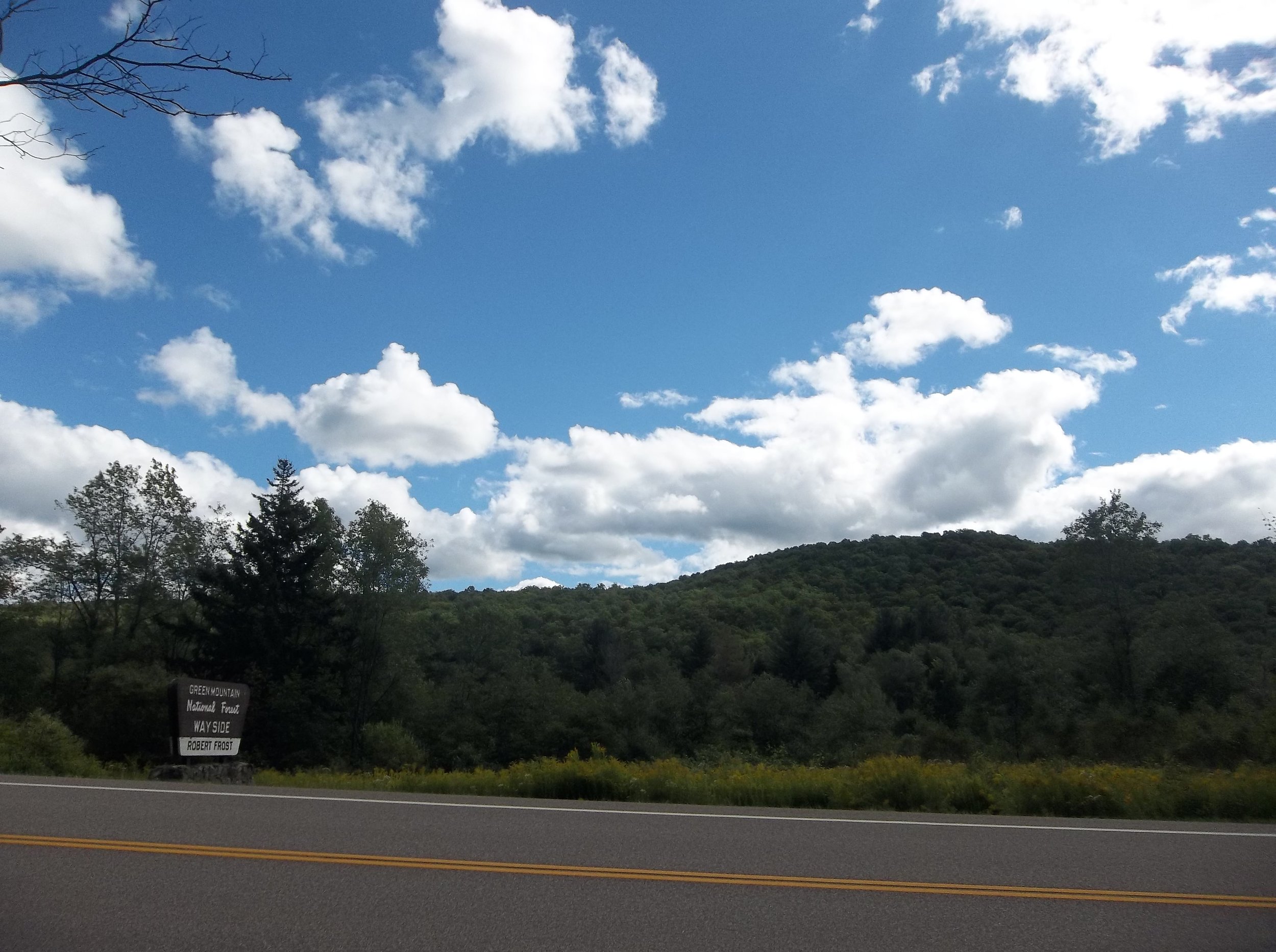
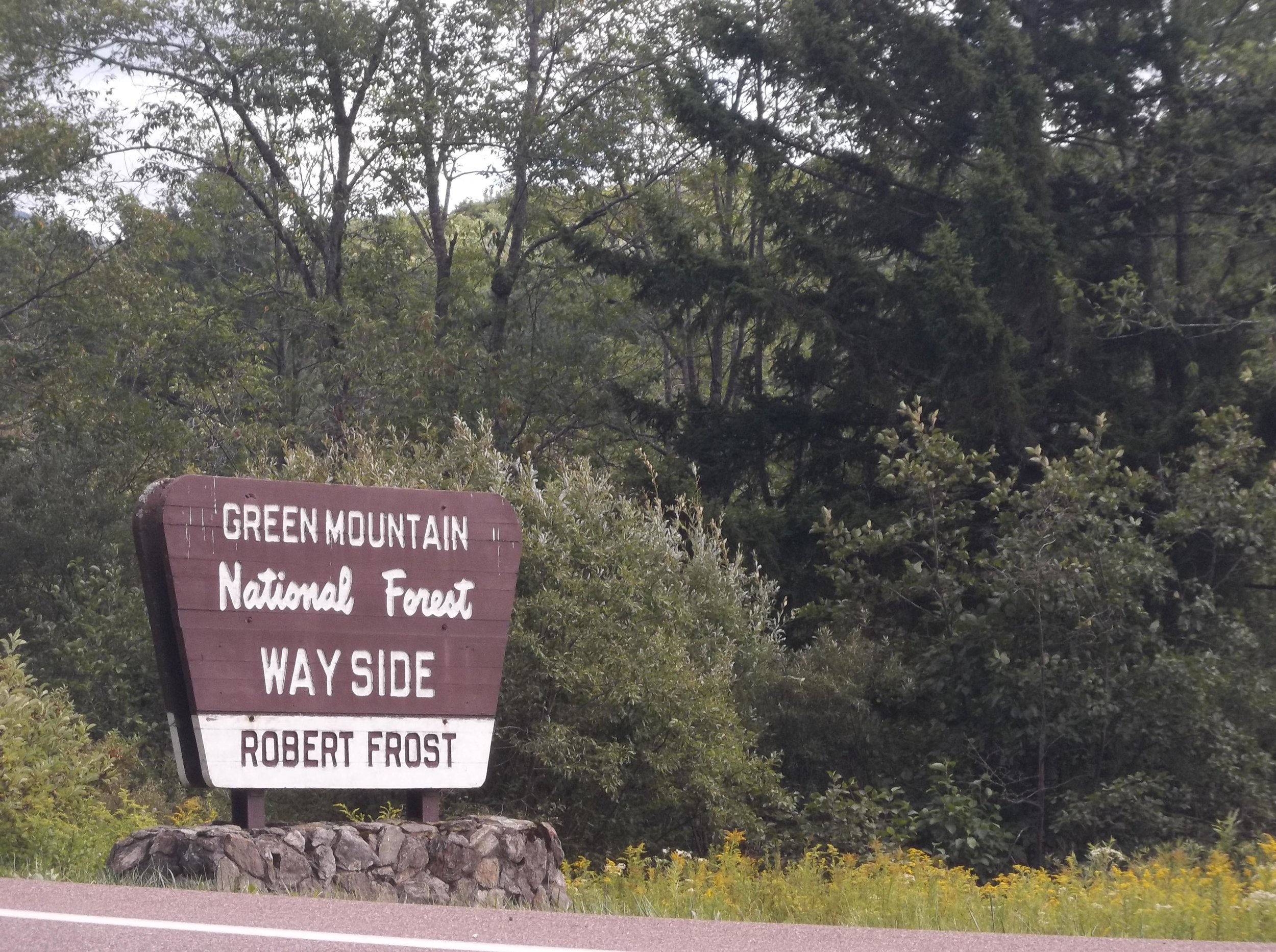
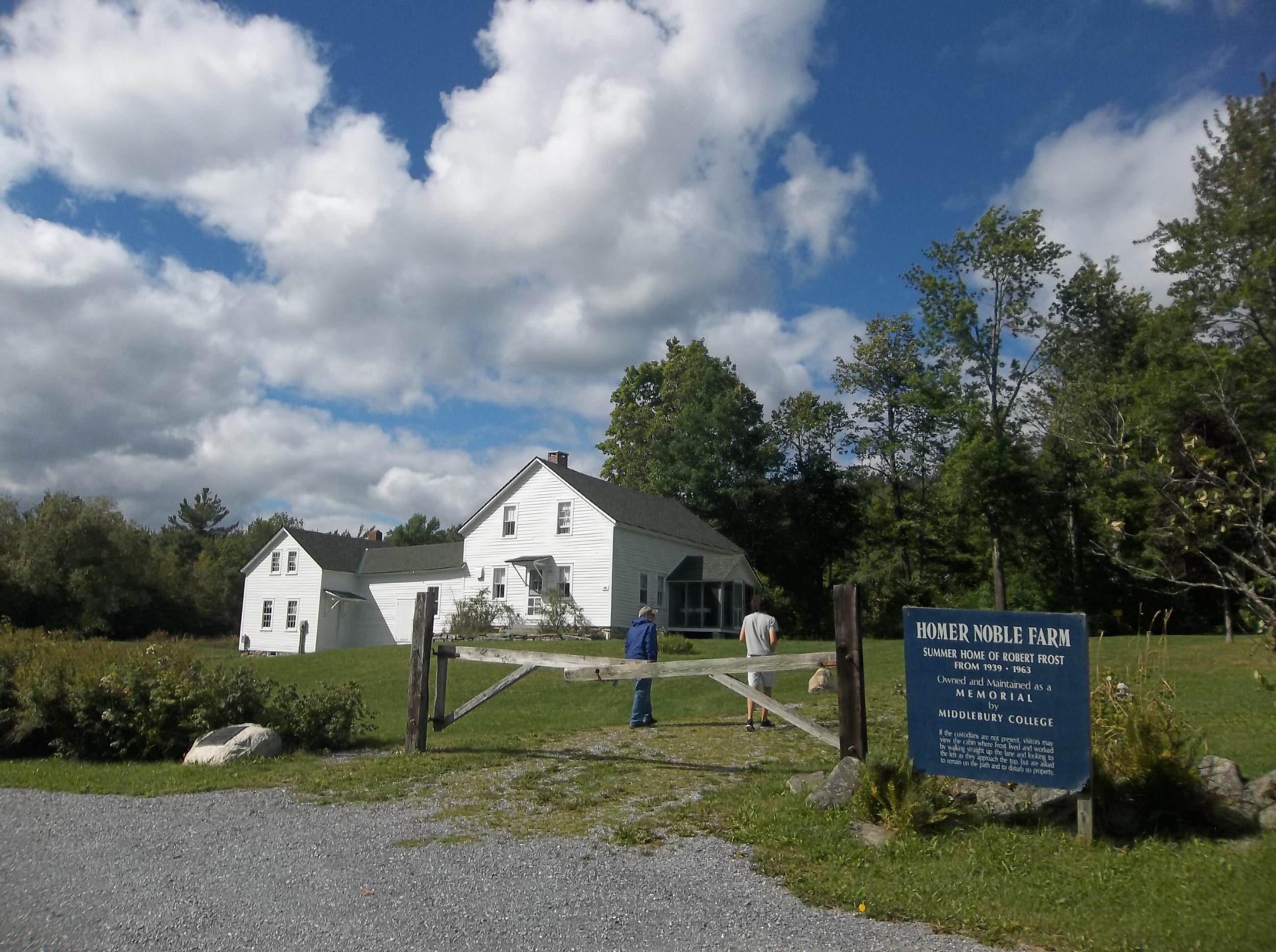
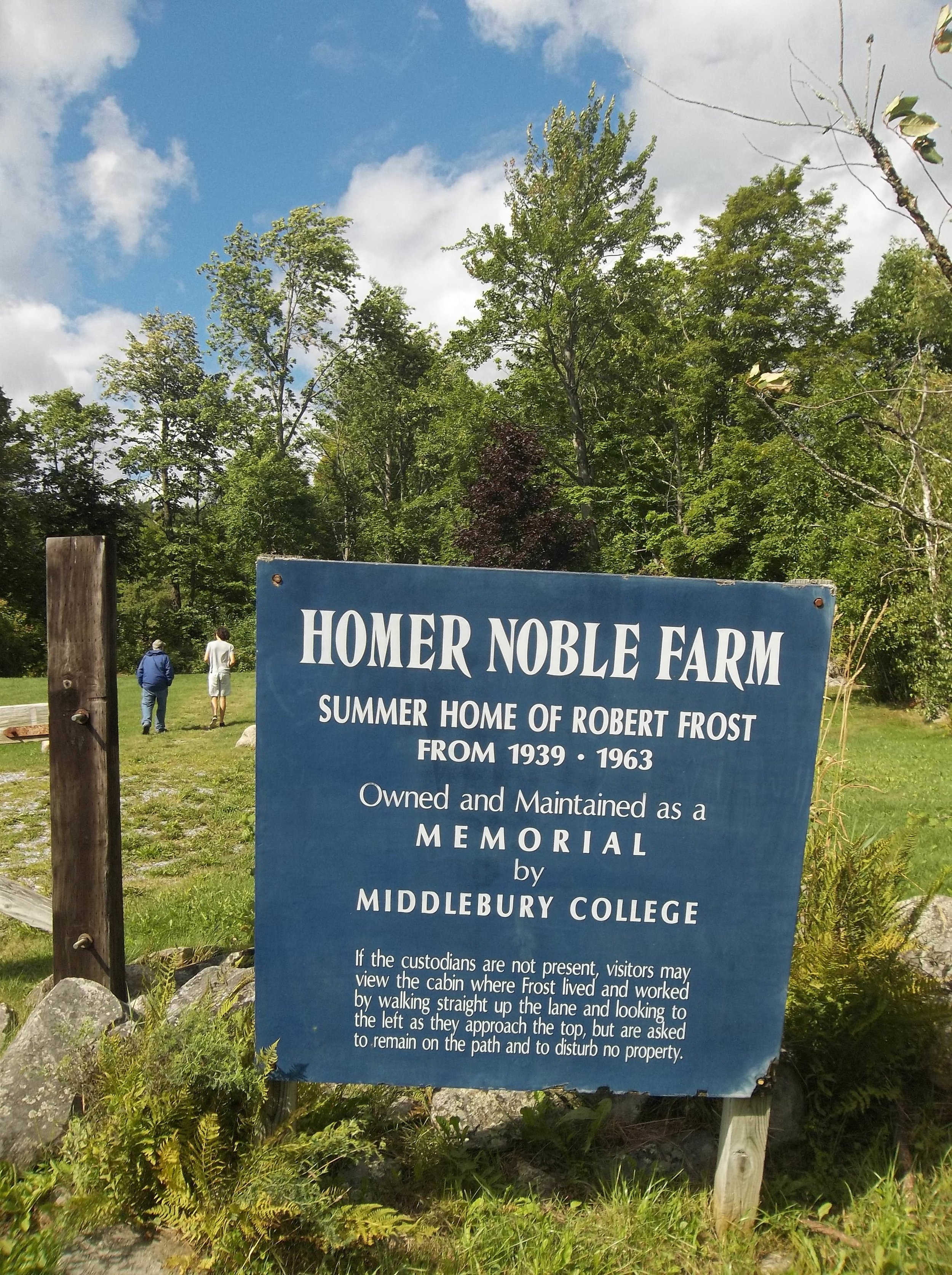
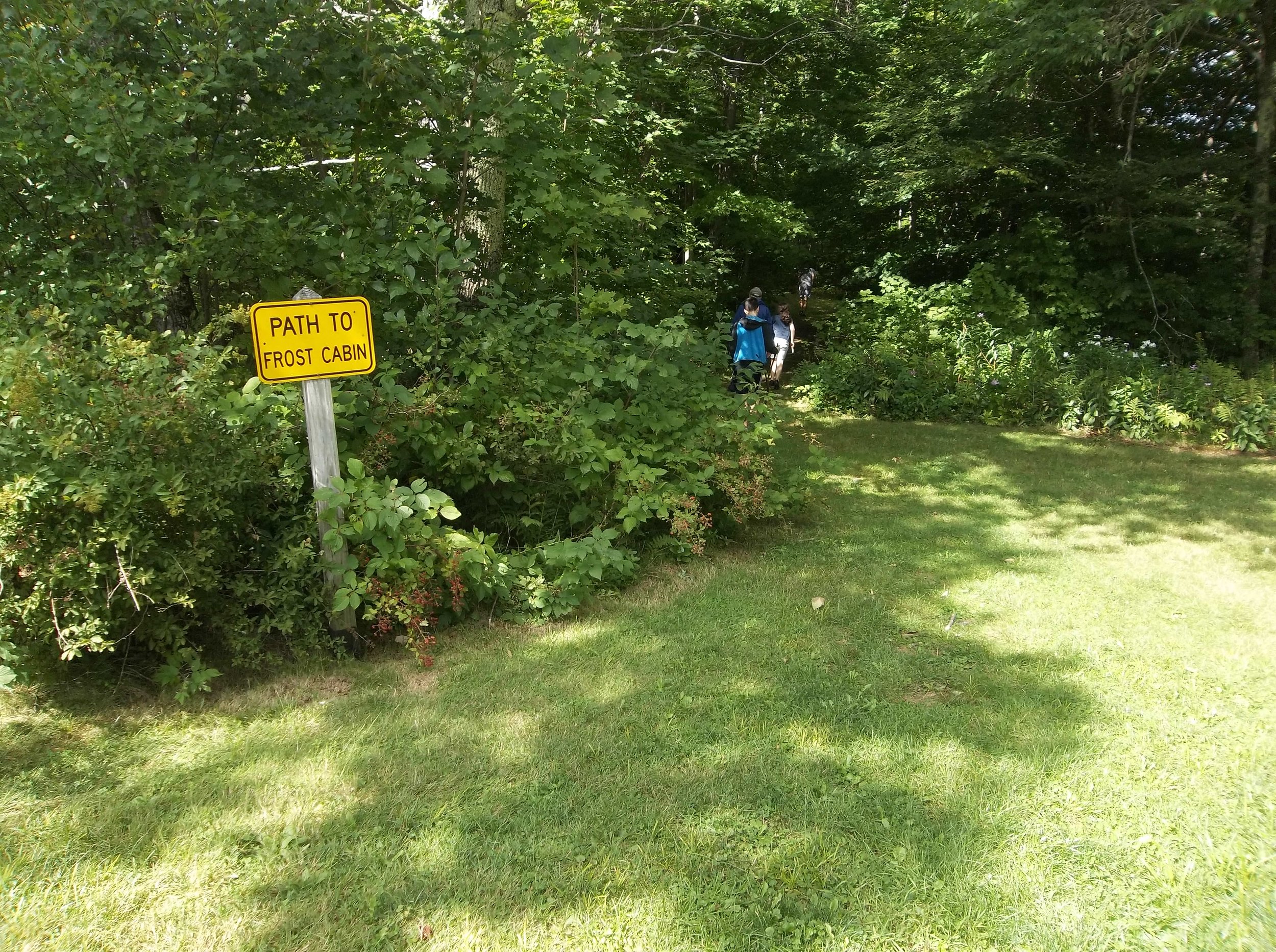
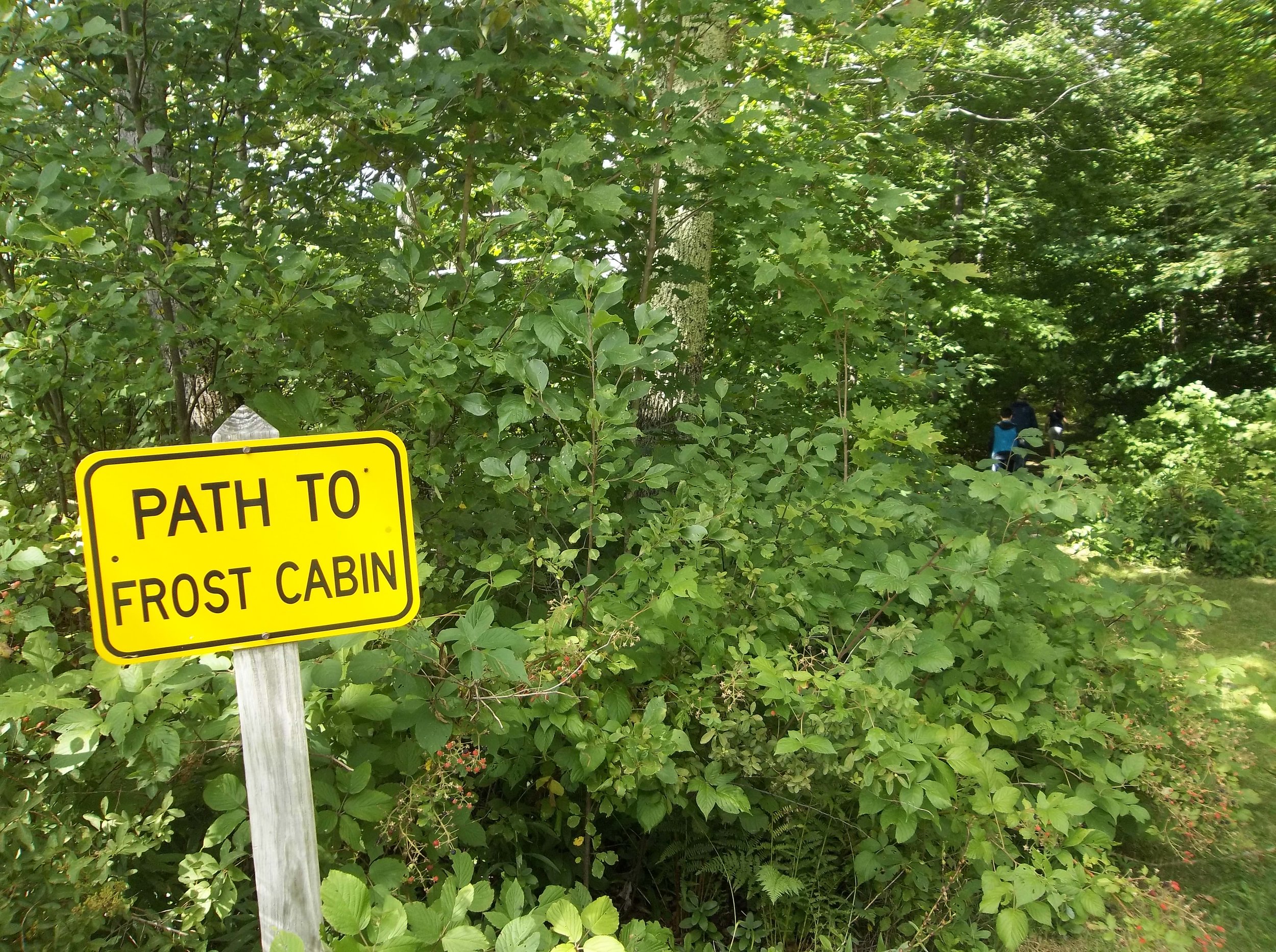
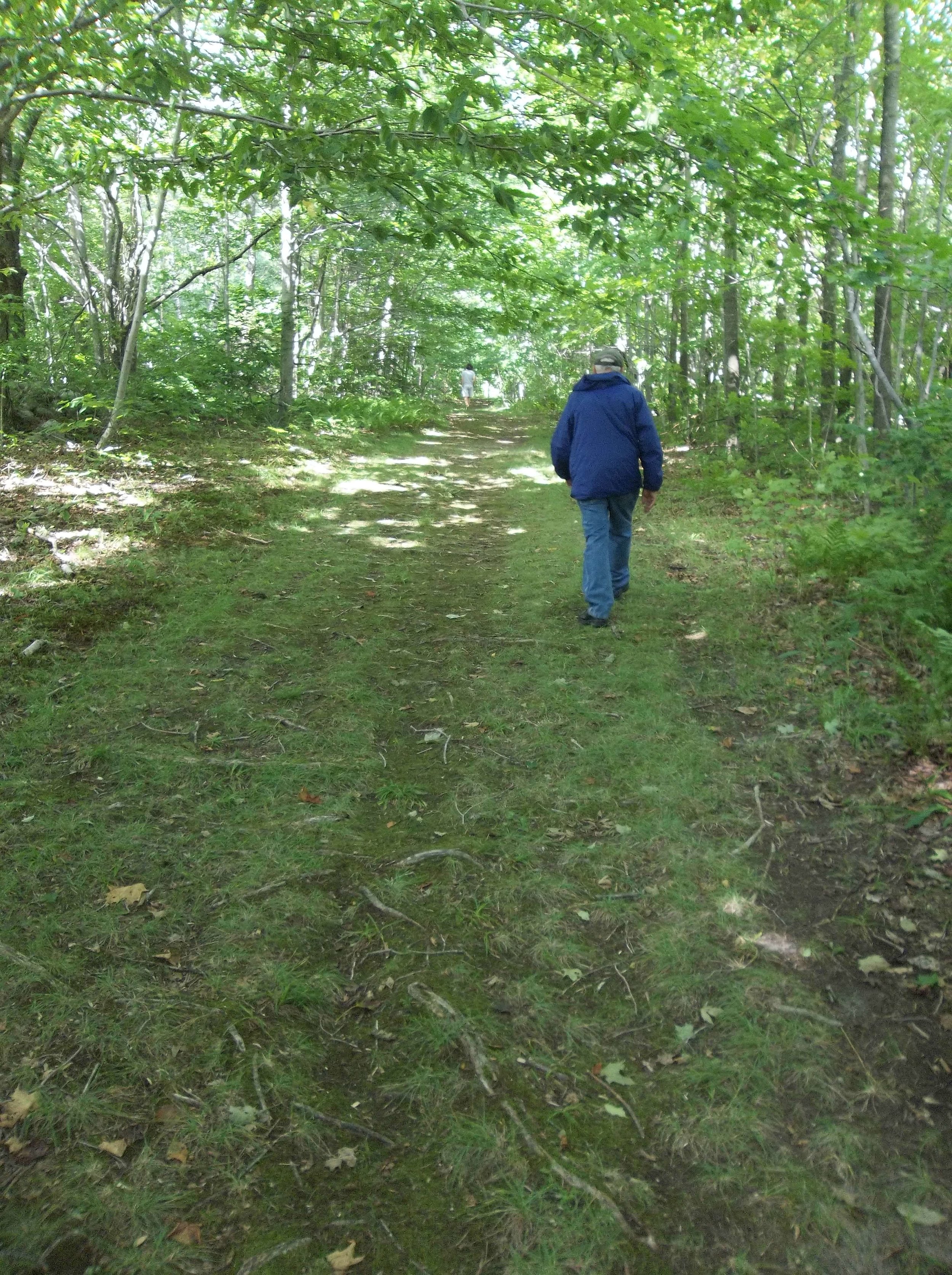

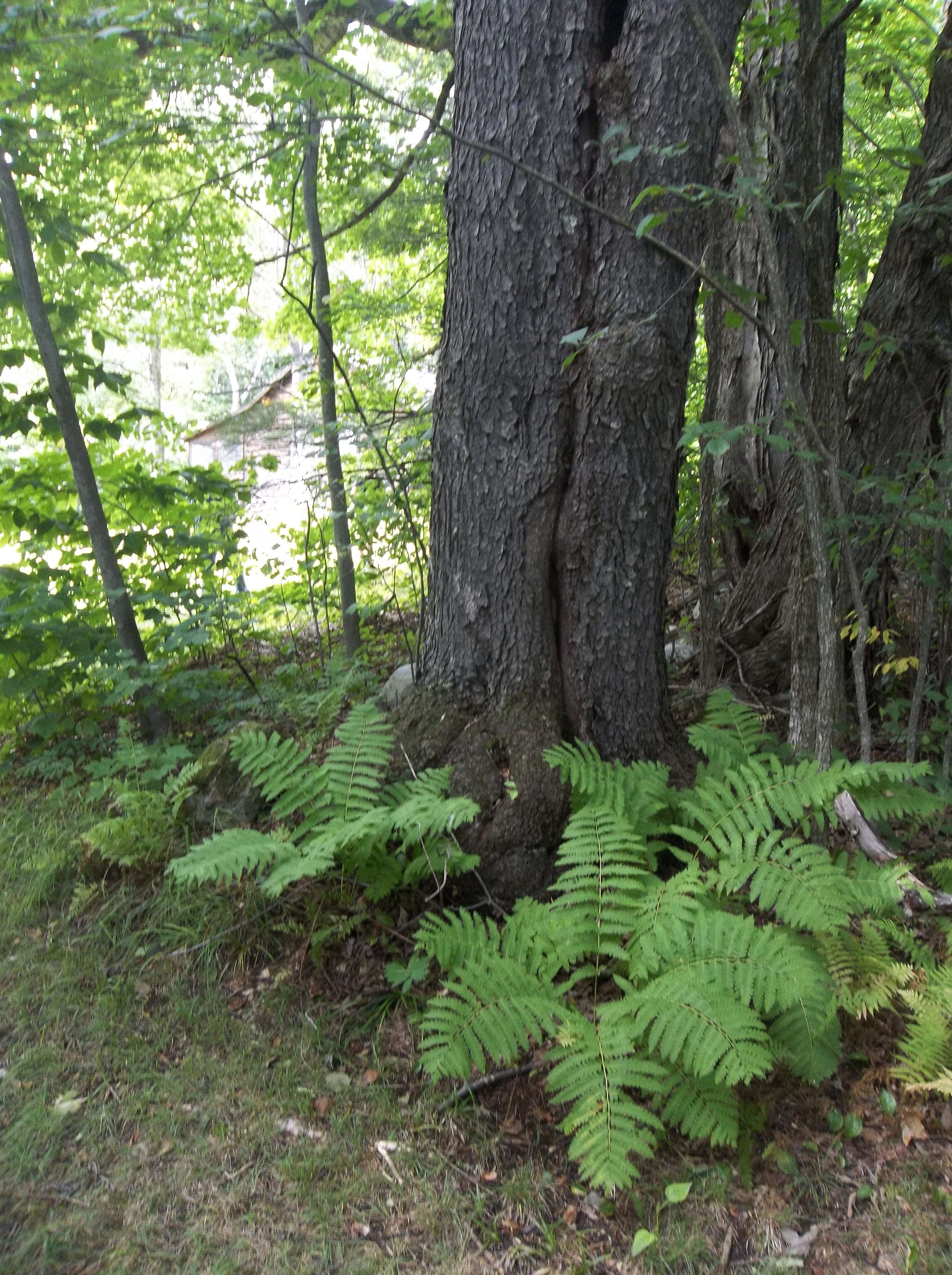
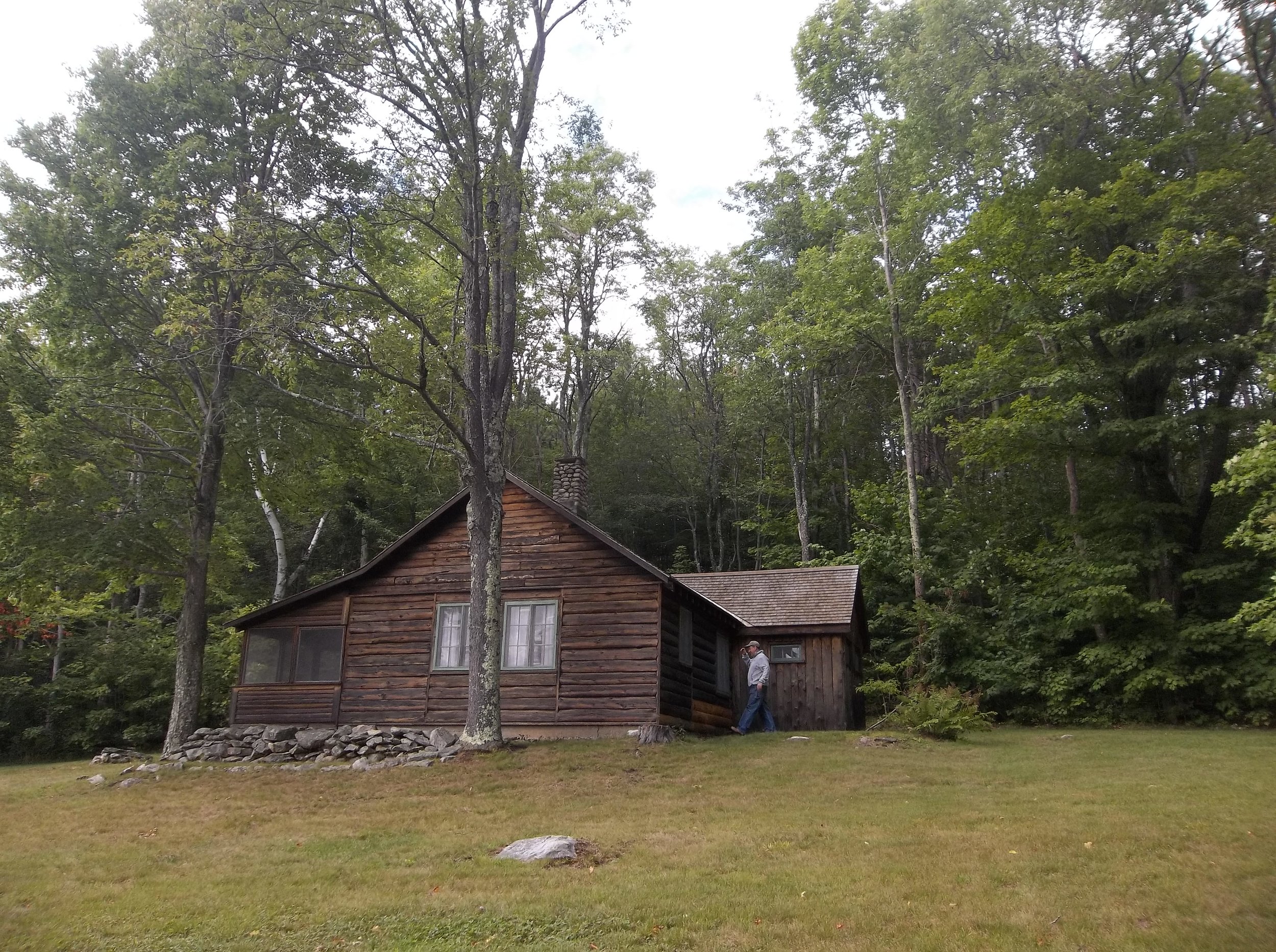
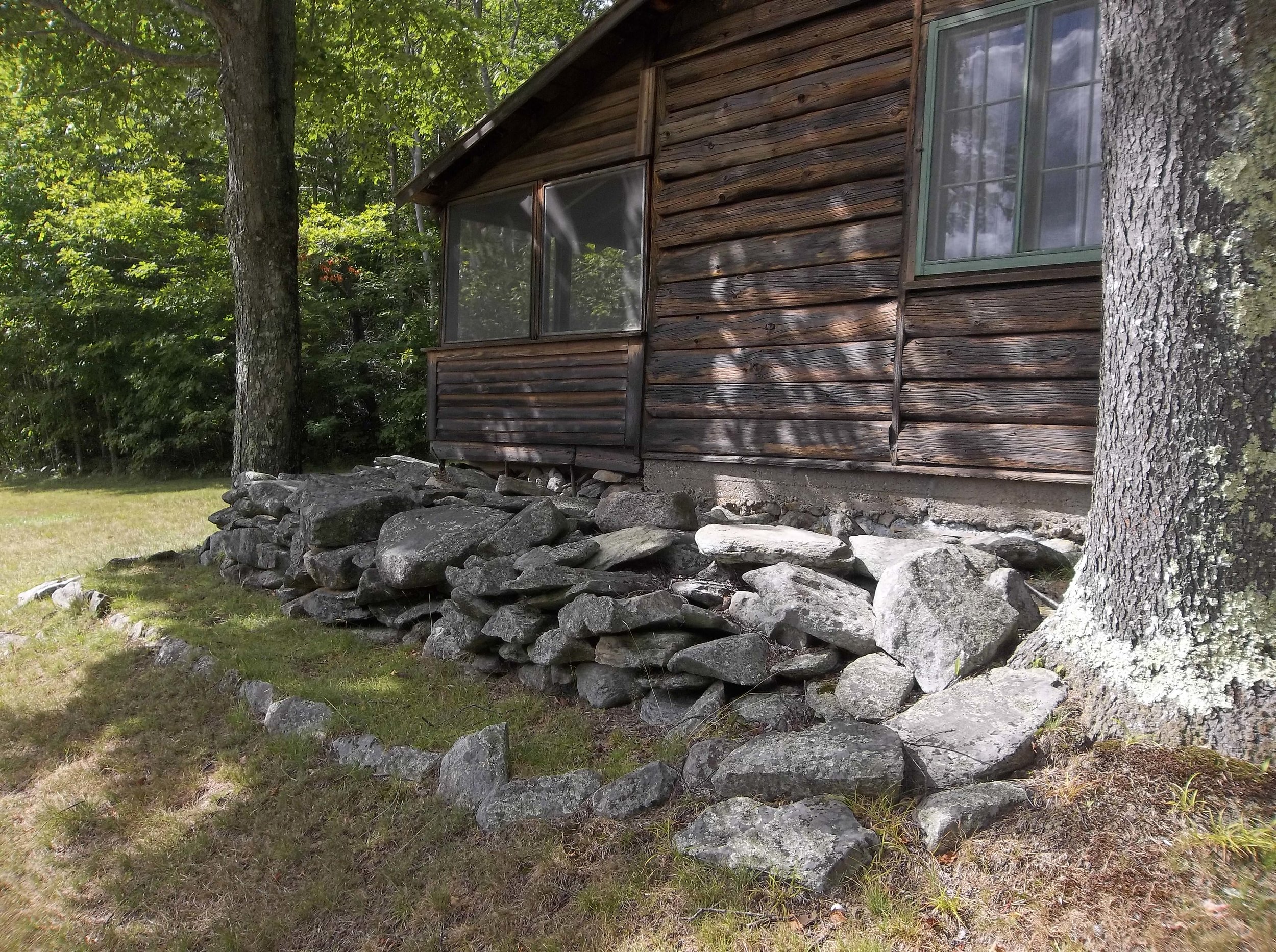
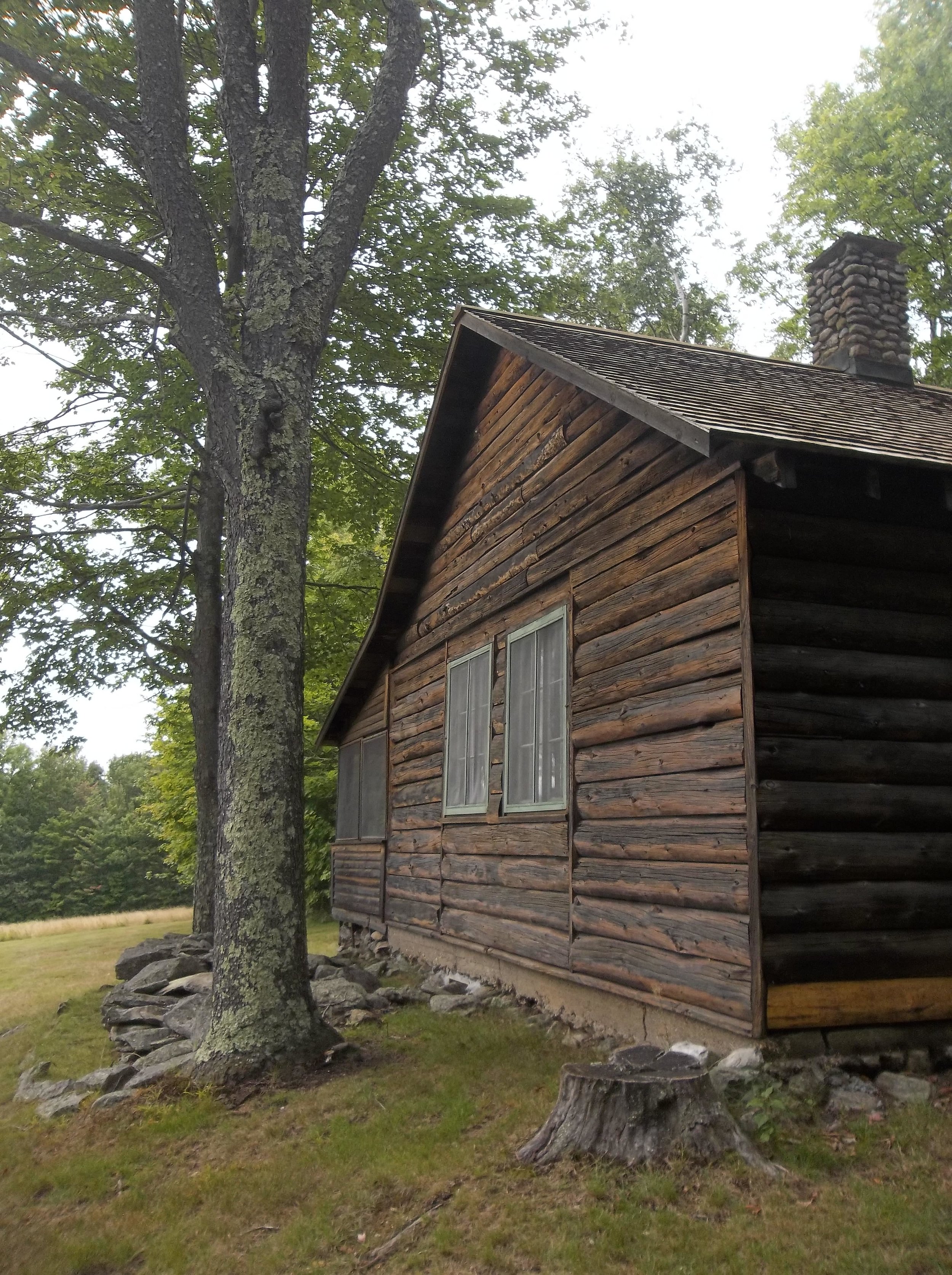
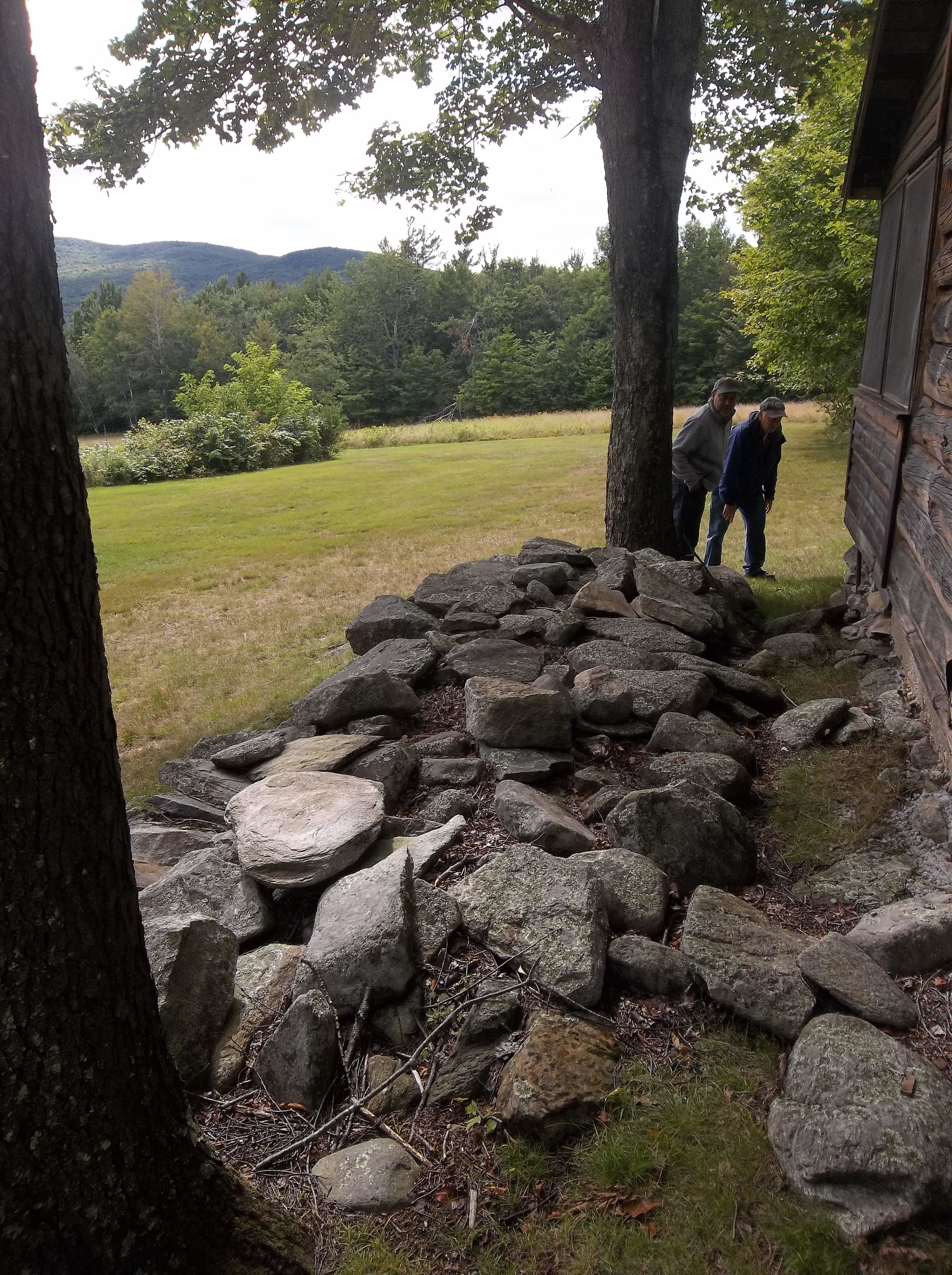
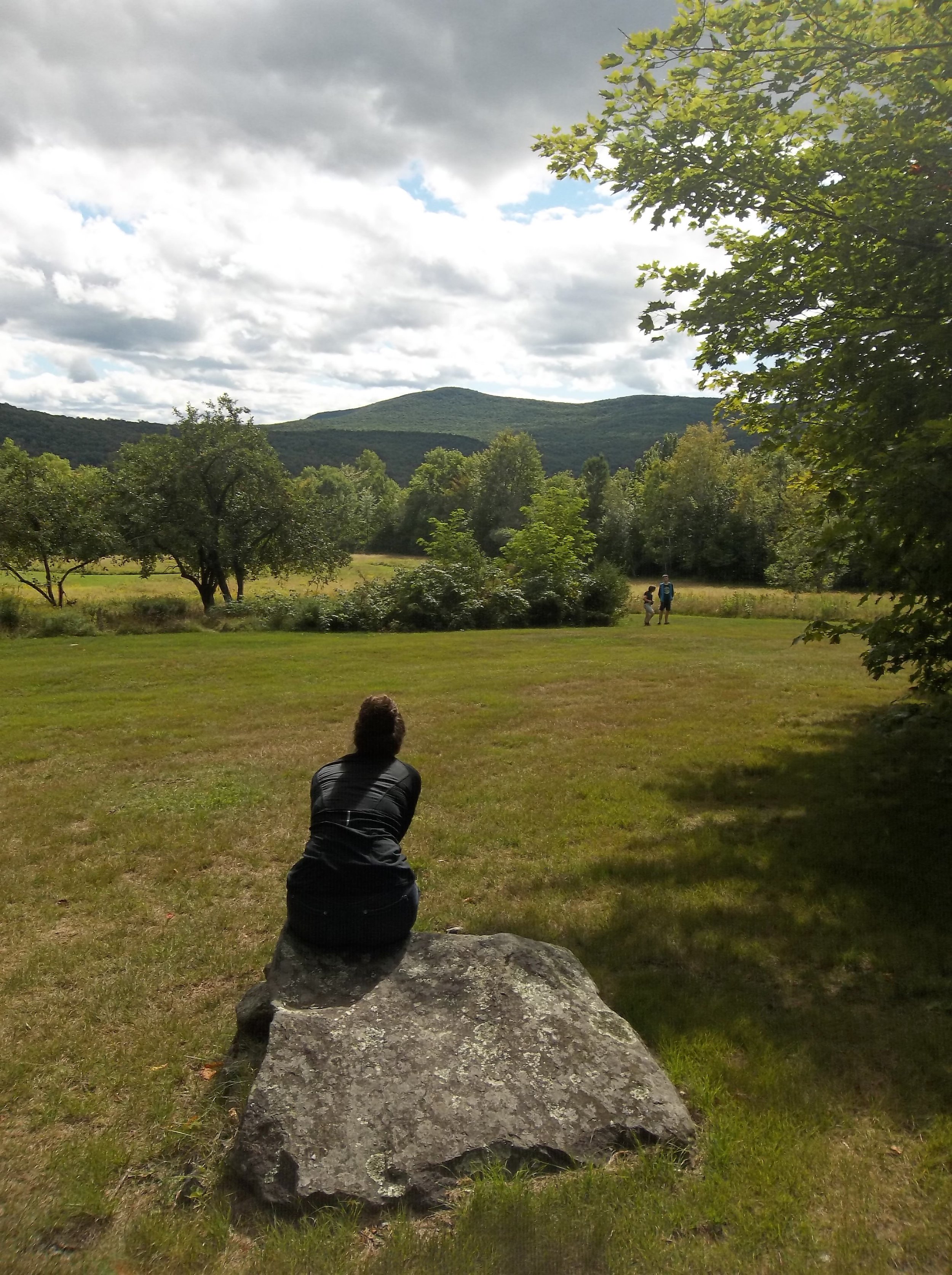
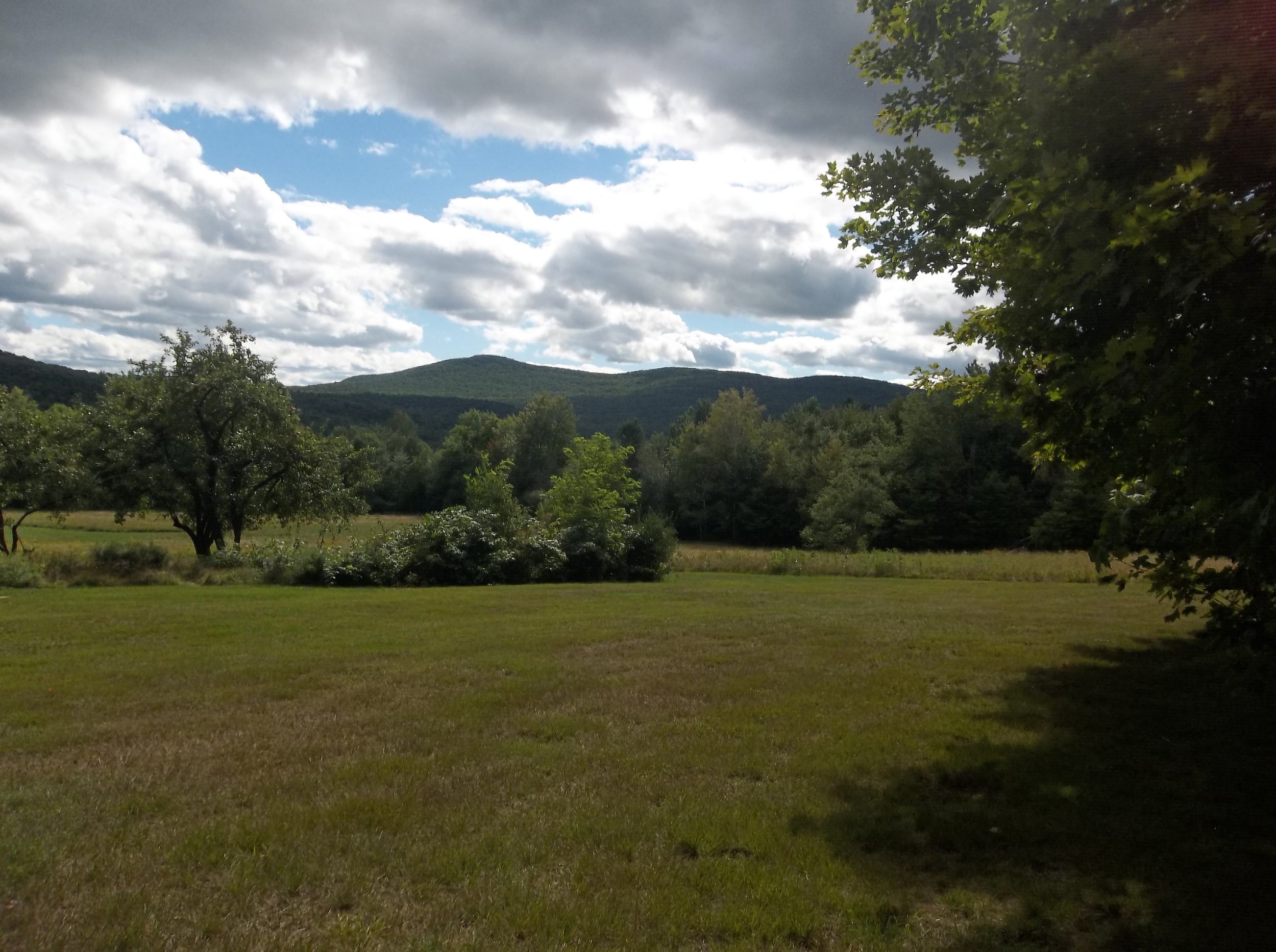
The Homer Noble farmhouse is still used as housing for faculty at the ongoing Bread Loaf Writers' Conference. The interior of the fragile Frost cabin is rarely open to the public but is pictured below by photographer Don Shall as it appeared in 2008.
Don Shall, 2008. From 1939 until his death in 1963, Robert Frost, four-time Pulitzer Prize winning poet, teacher and lecturer wrote many popular poems here, including After Apple-Picking, The Road Not Taken, and Mending Wall, spending summer and fall in this cabin at his farm in Ripton, Vermont.
Ripton, Vt General store
Take a Walk with Frost
I found out that the plaques on the Interpretative Trail were so expertly chosen by "Doc" Cook, Professor Emeritus of American Literature at nearby Middlebury College. He was not only director of the Bread Loaf School of English for eighteen years and a prominent Frost scholar, but was also a close friend of the poet and they would walk in these hills together frequently.
In November 1955 Yankee Magazine published "A Walk with Robert Frost" by Cook. Photographer Lawrence Willard accompanied the professor and the poet, and later donated the black and white images from the article to Friends of Frost, who have reprinted the whole: http://www.frostfriends.org/cookpage.html






